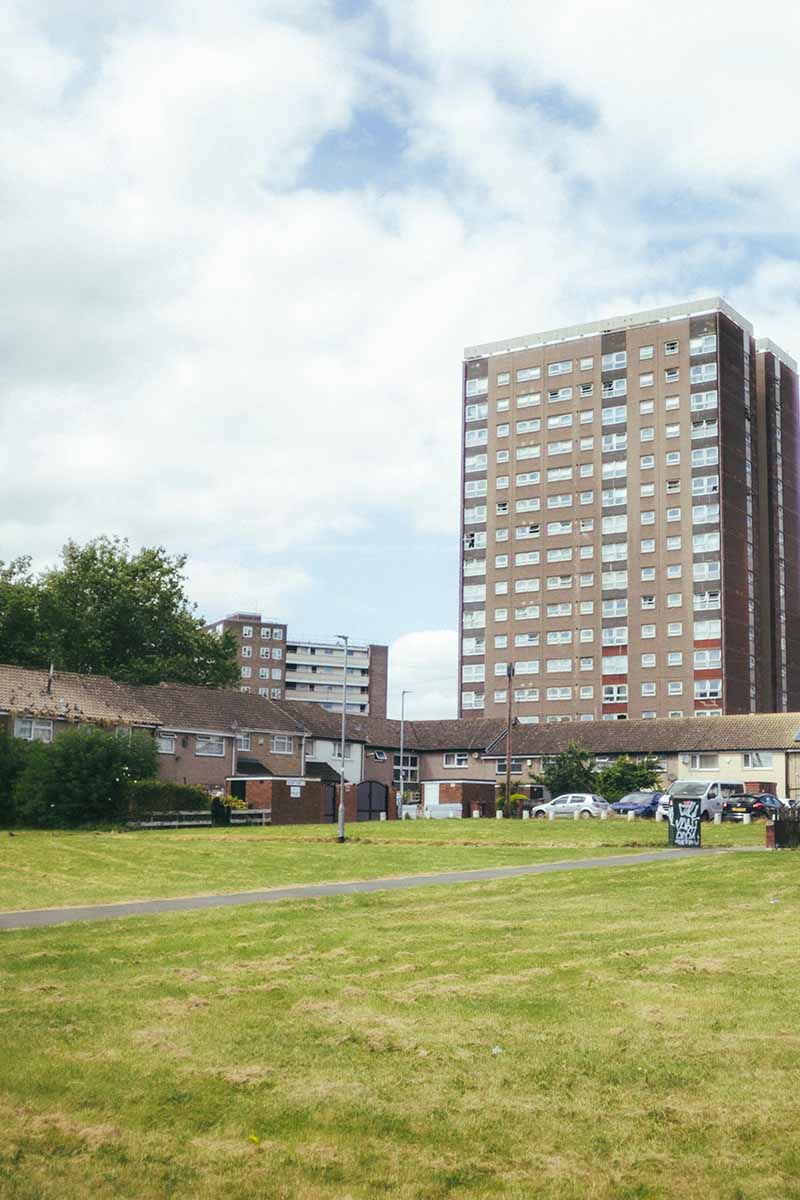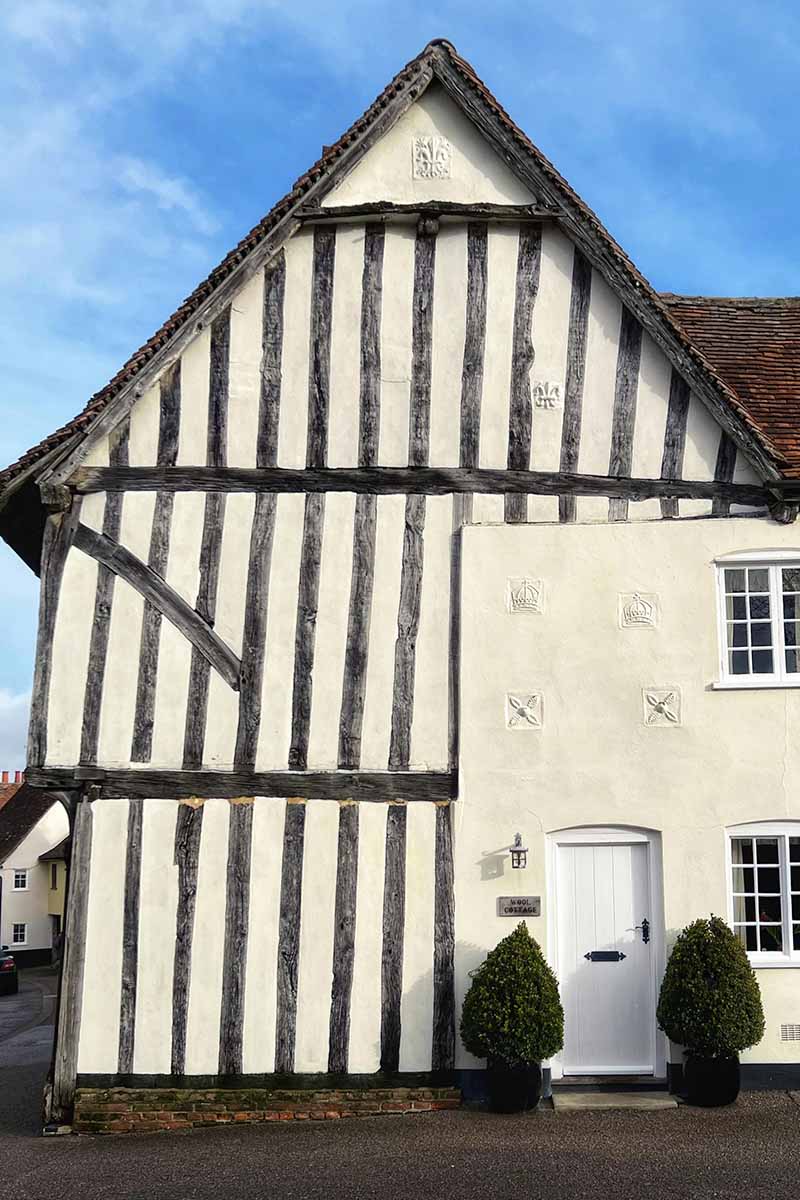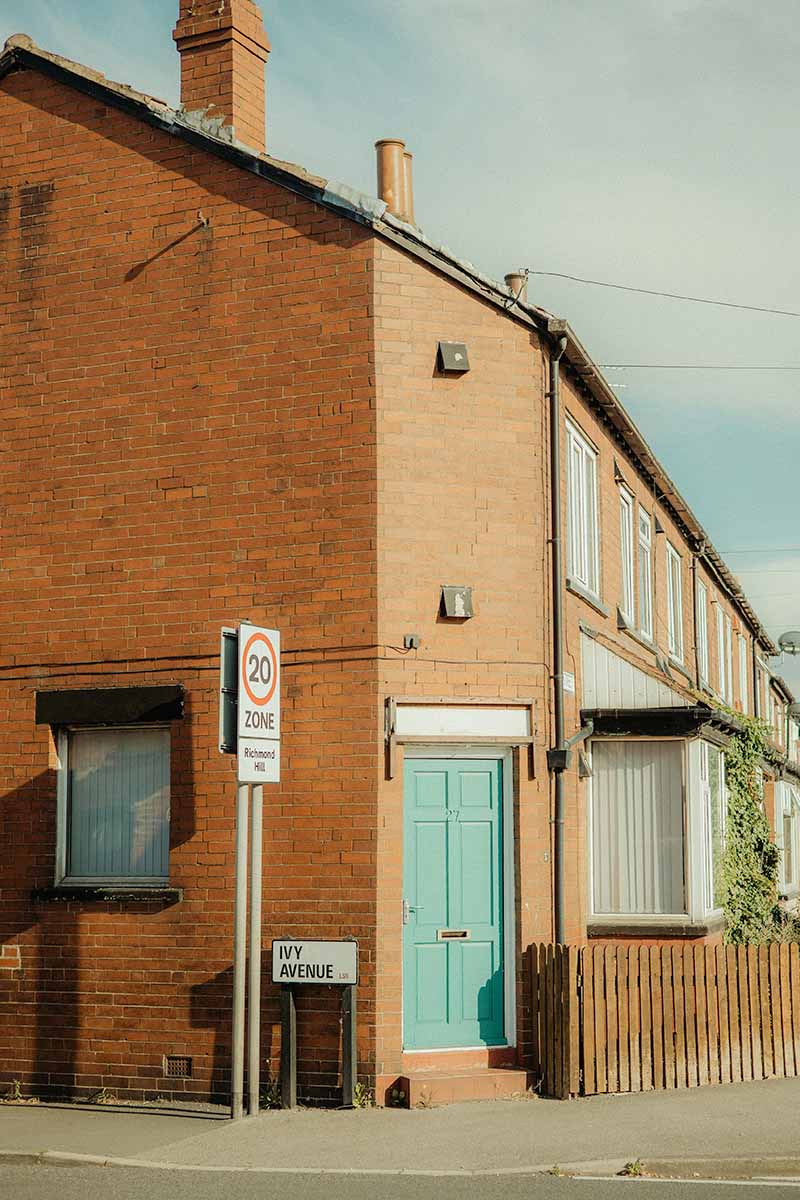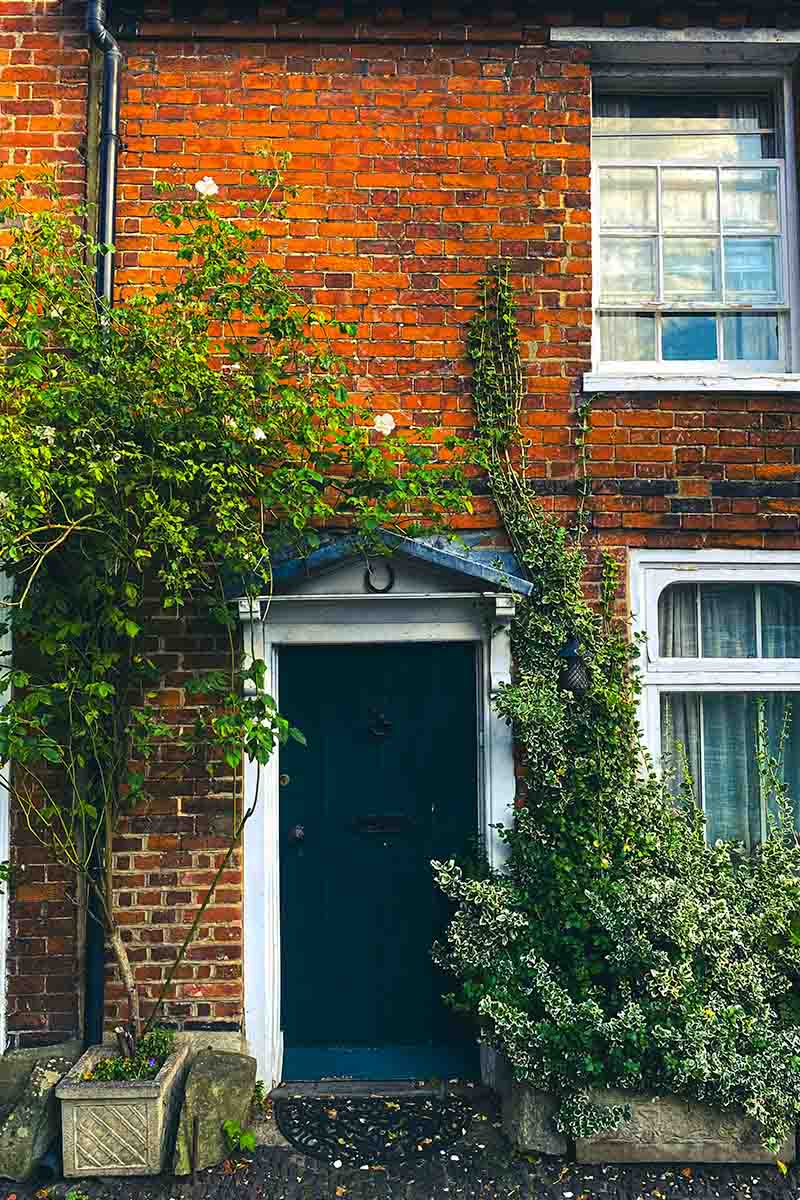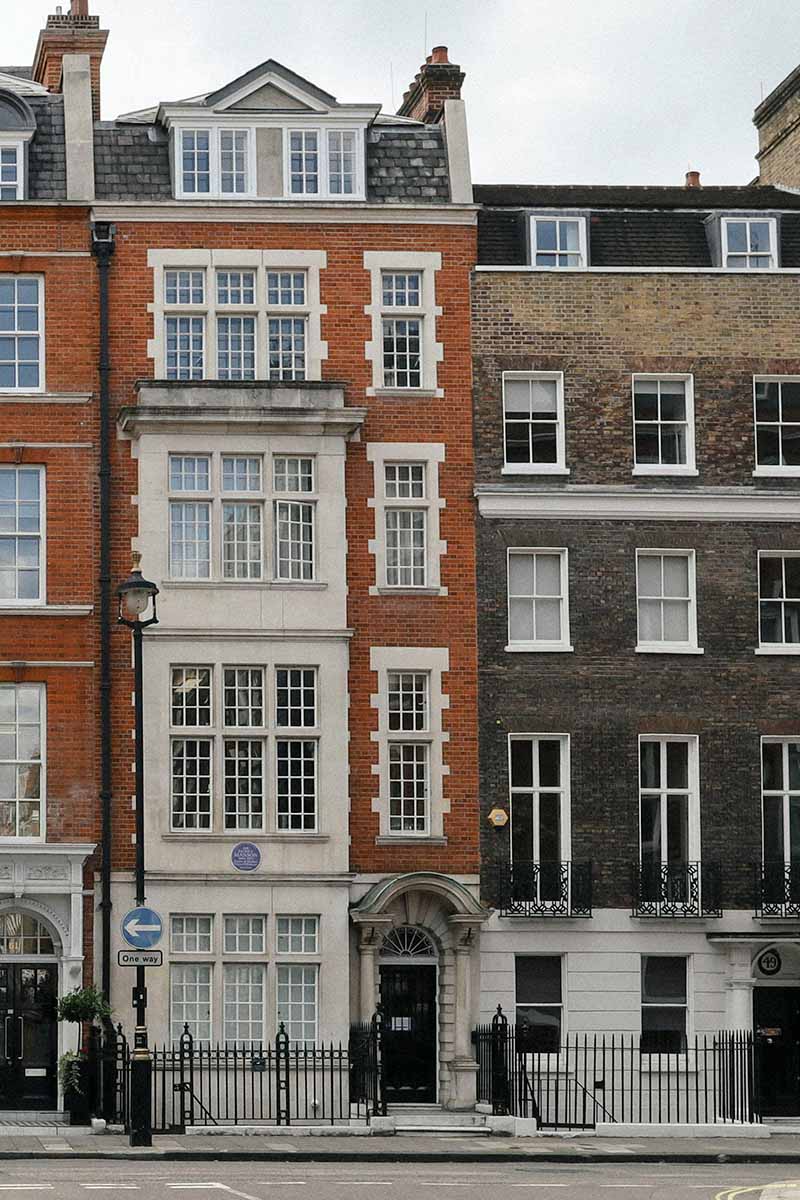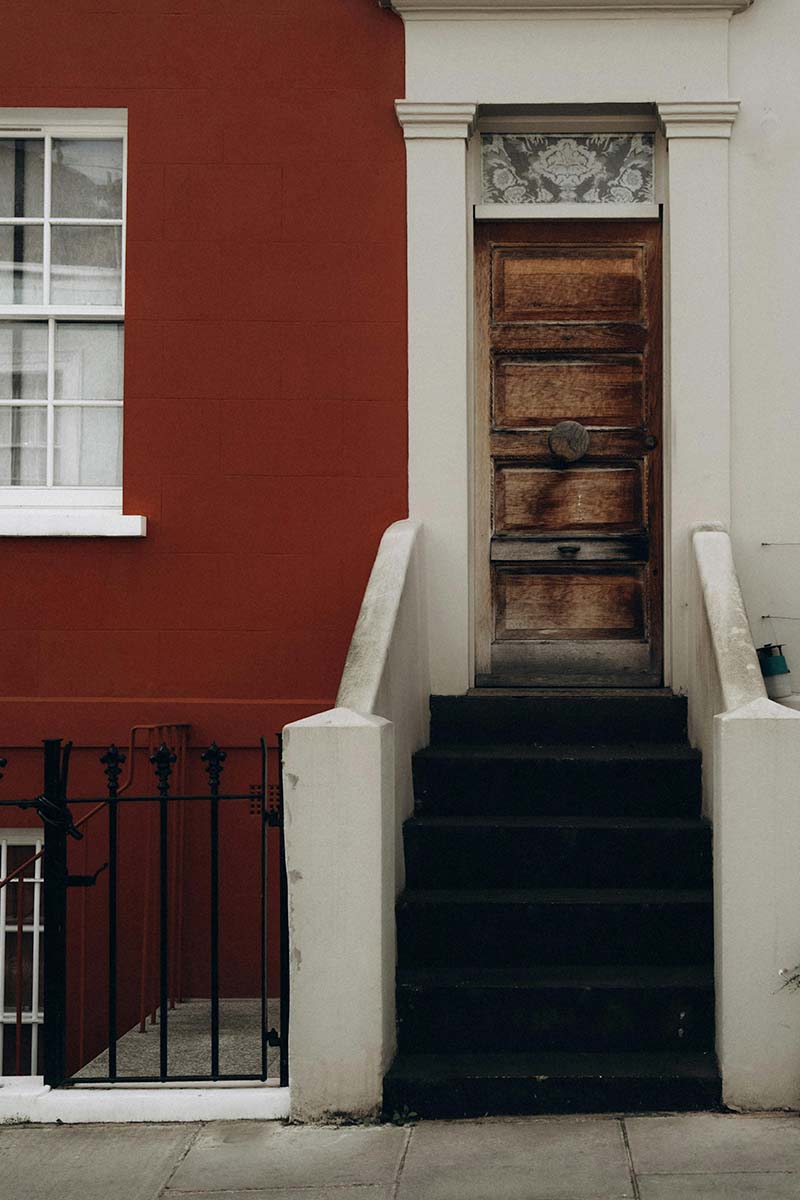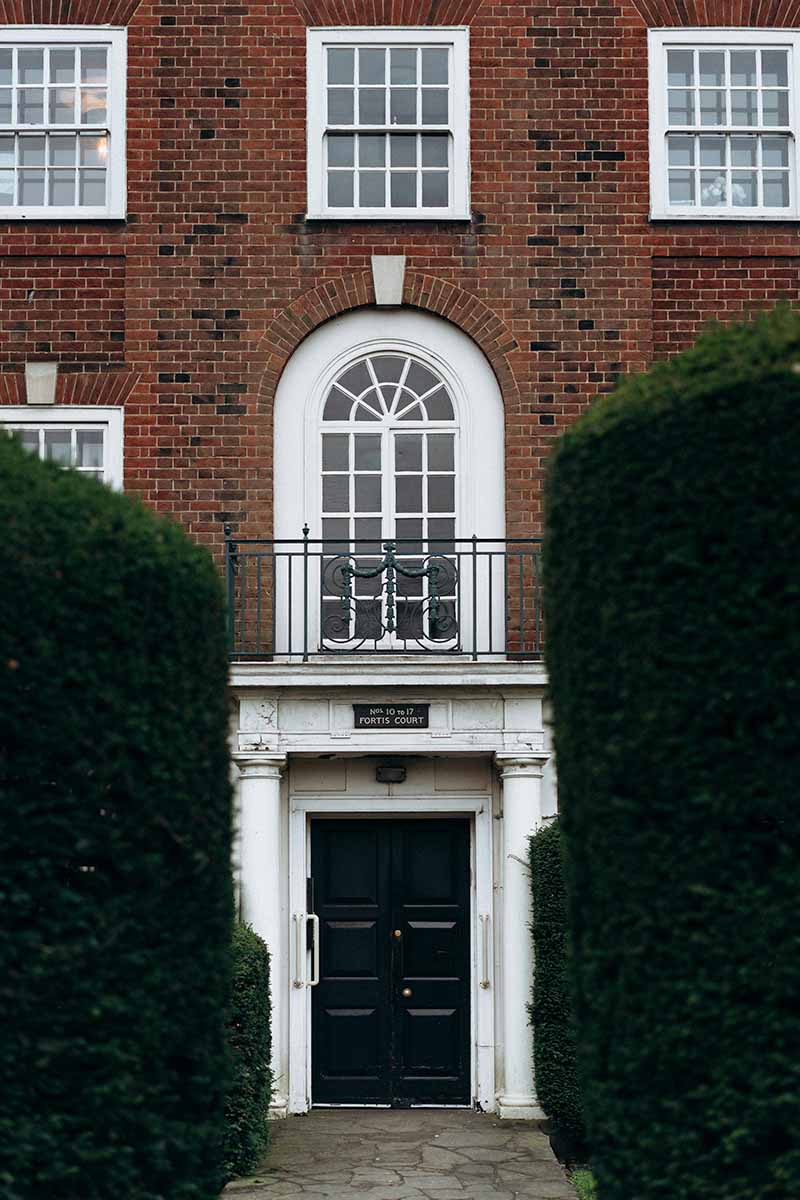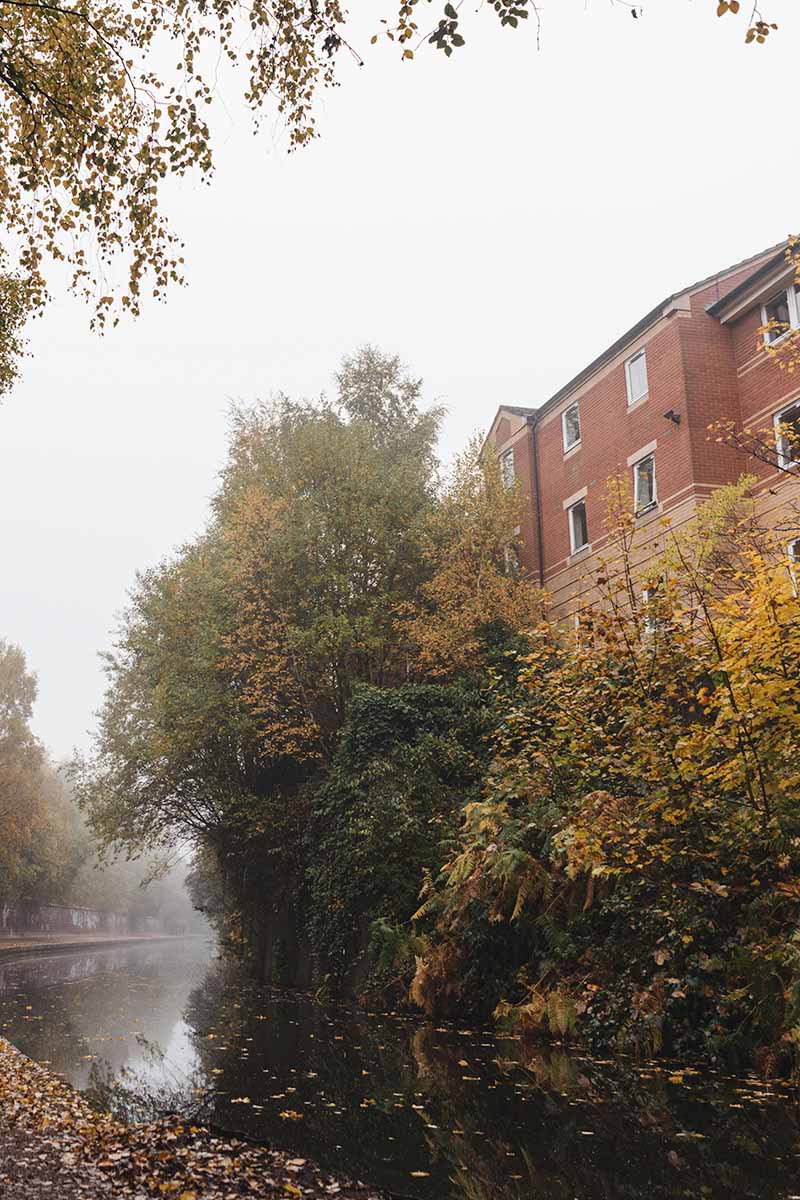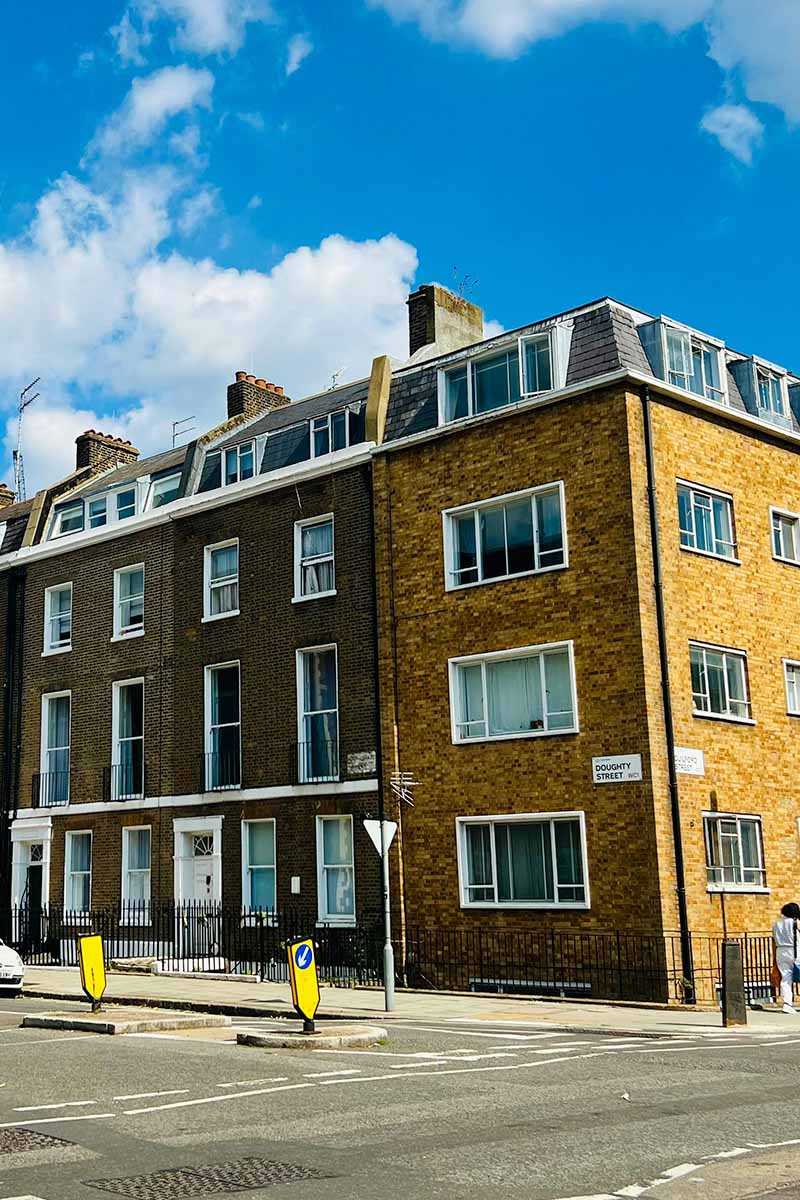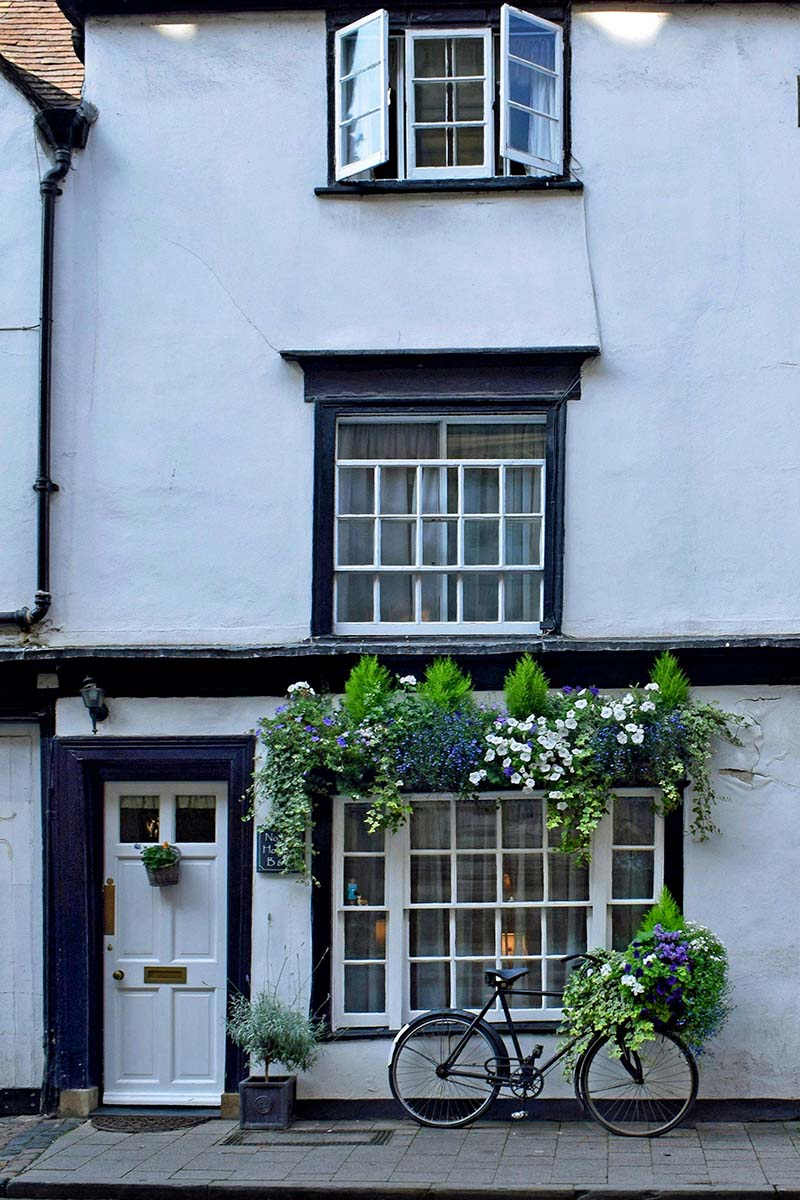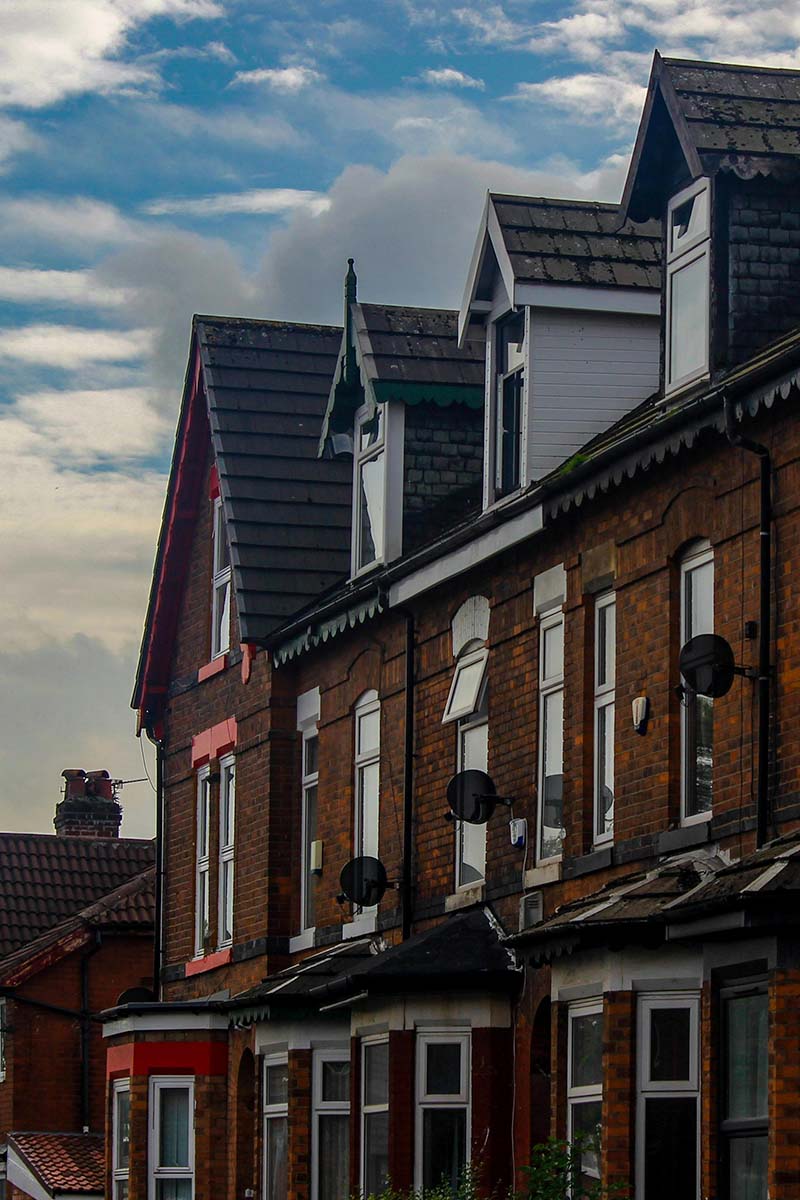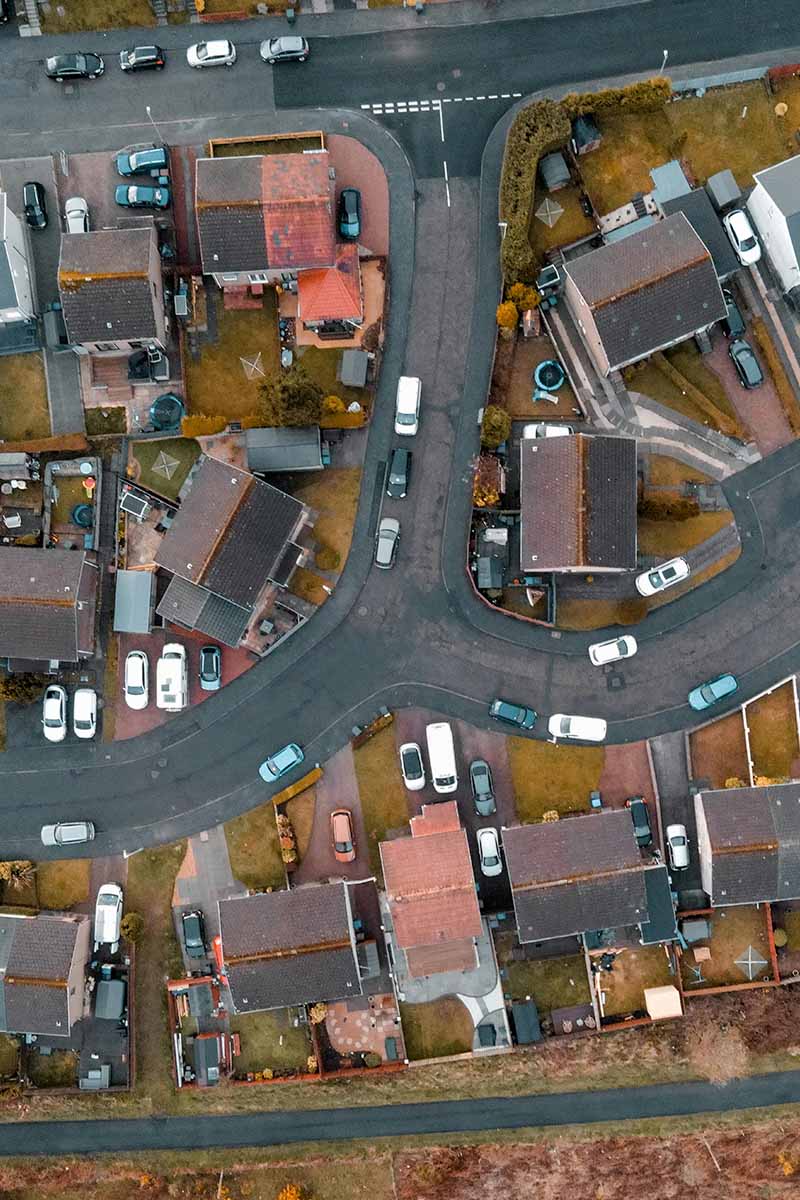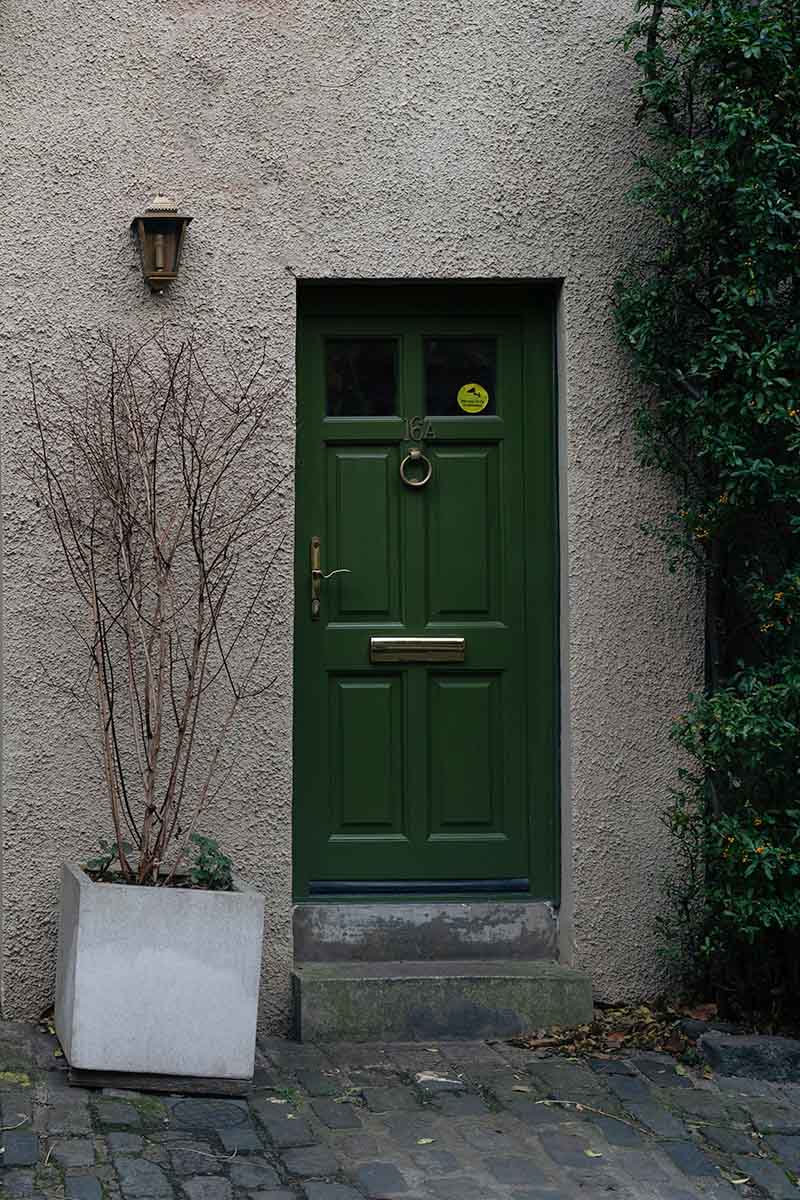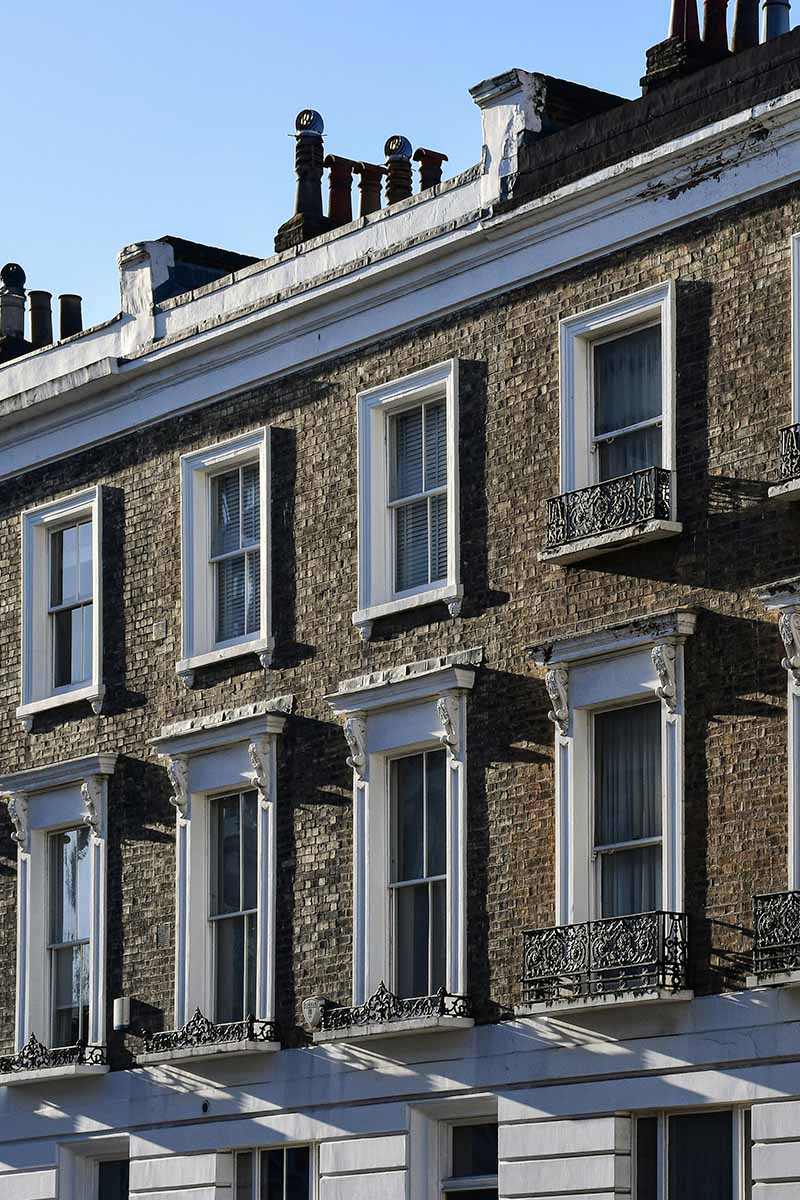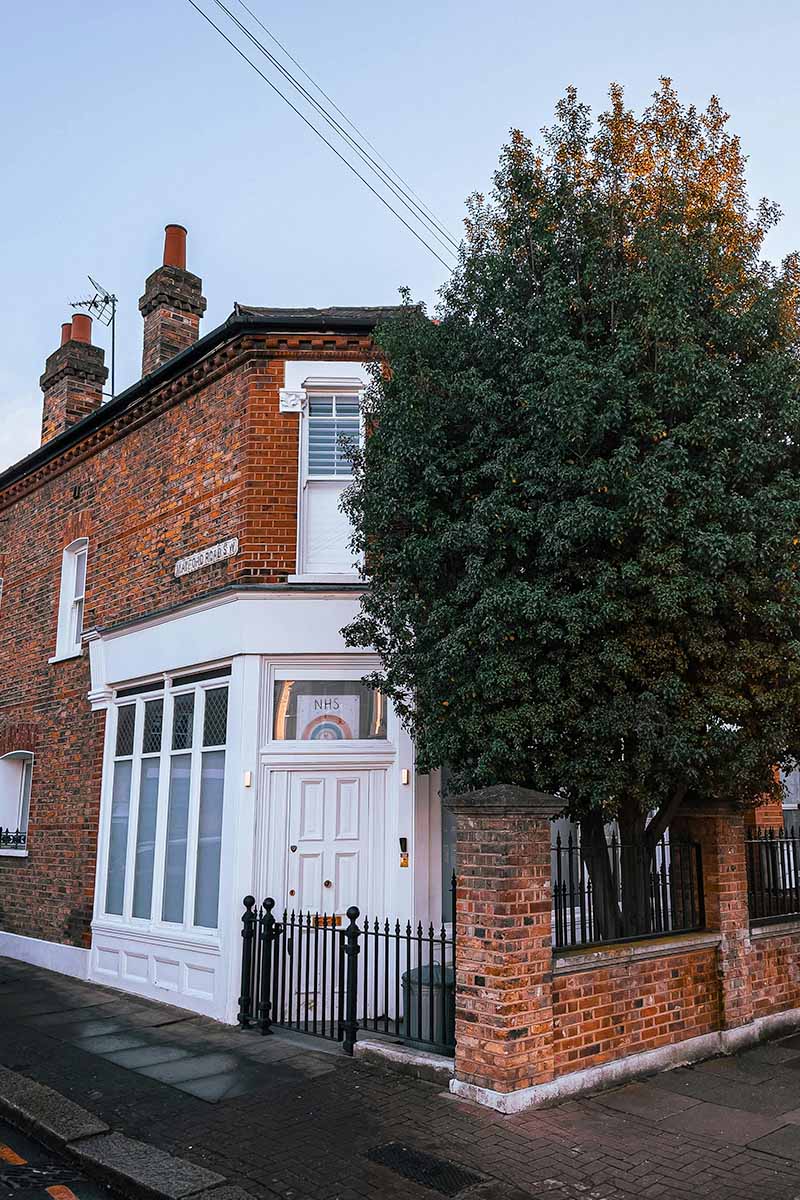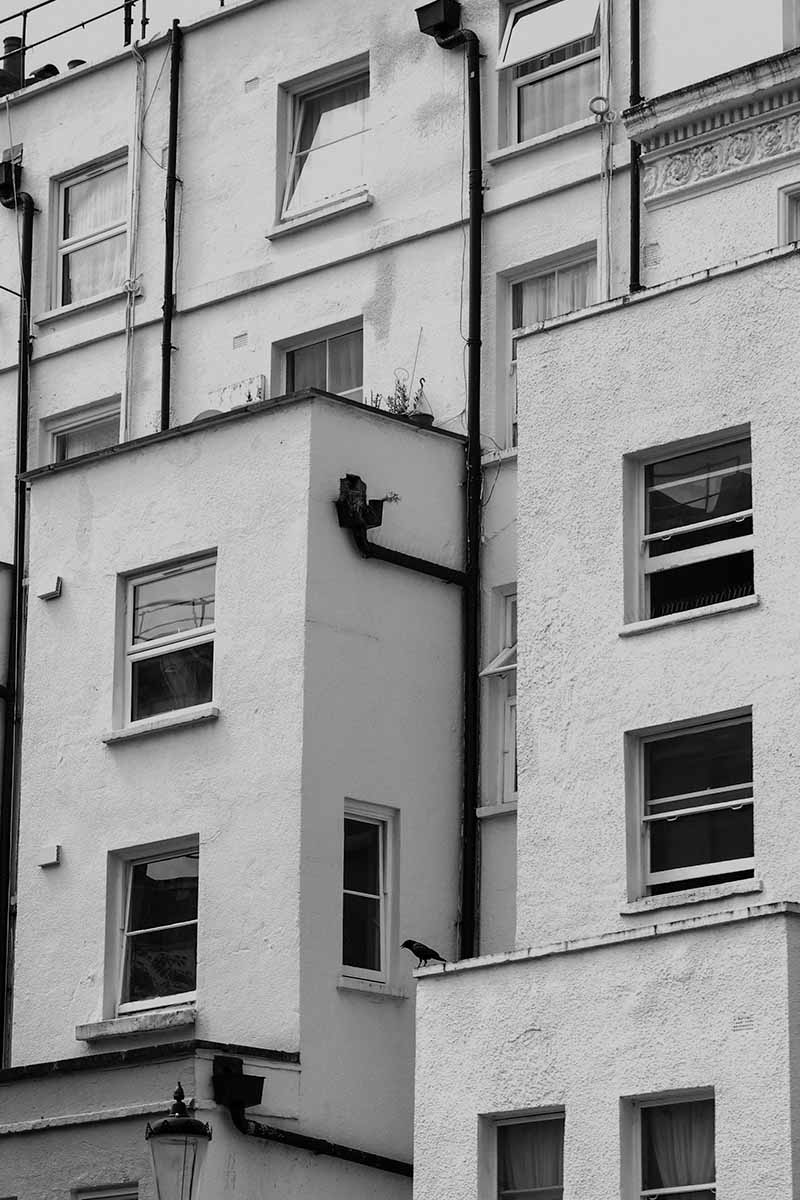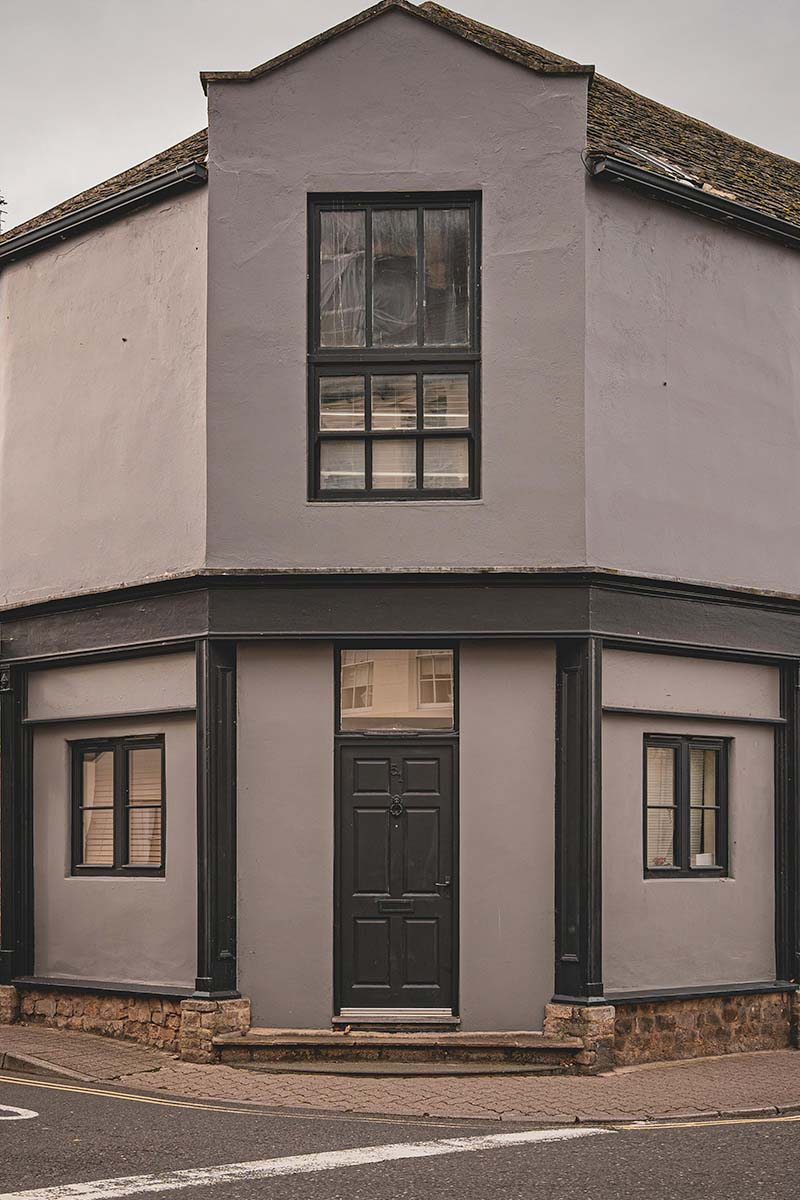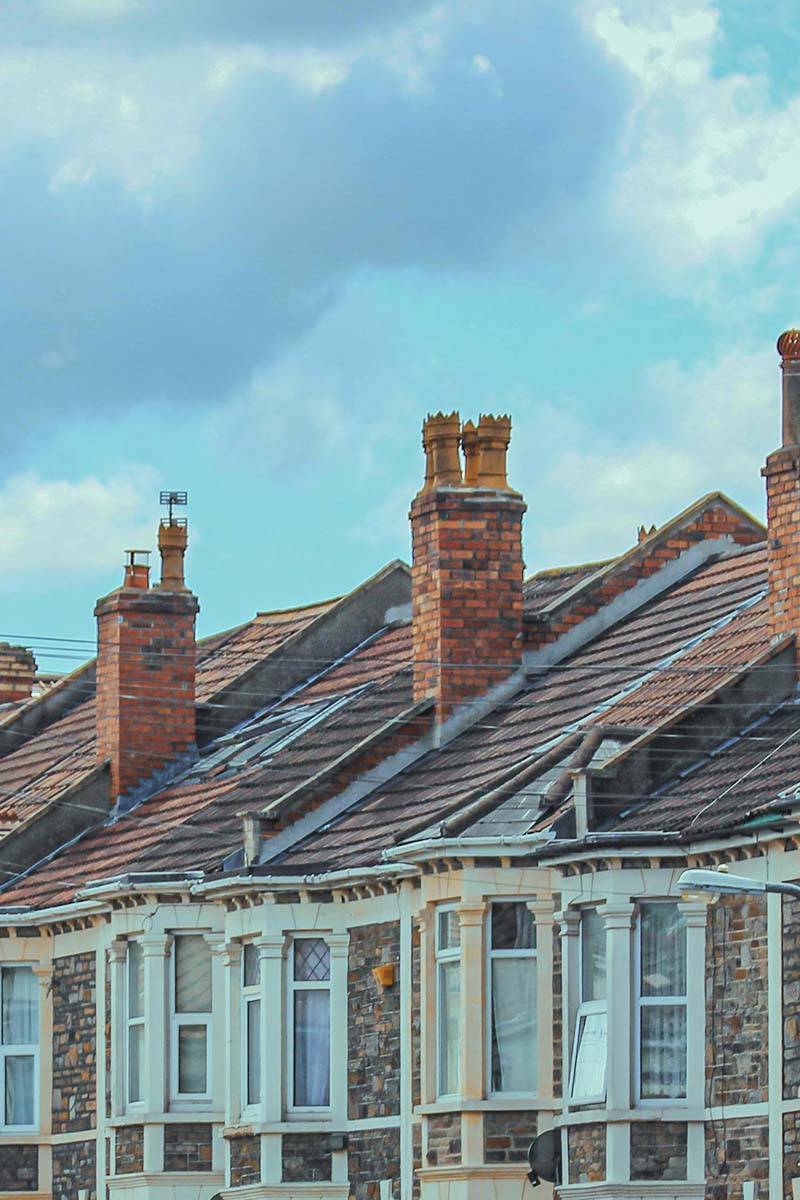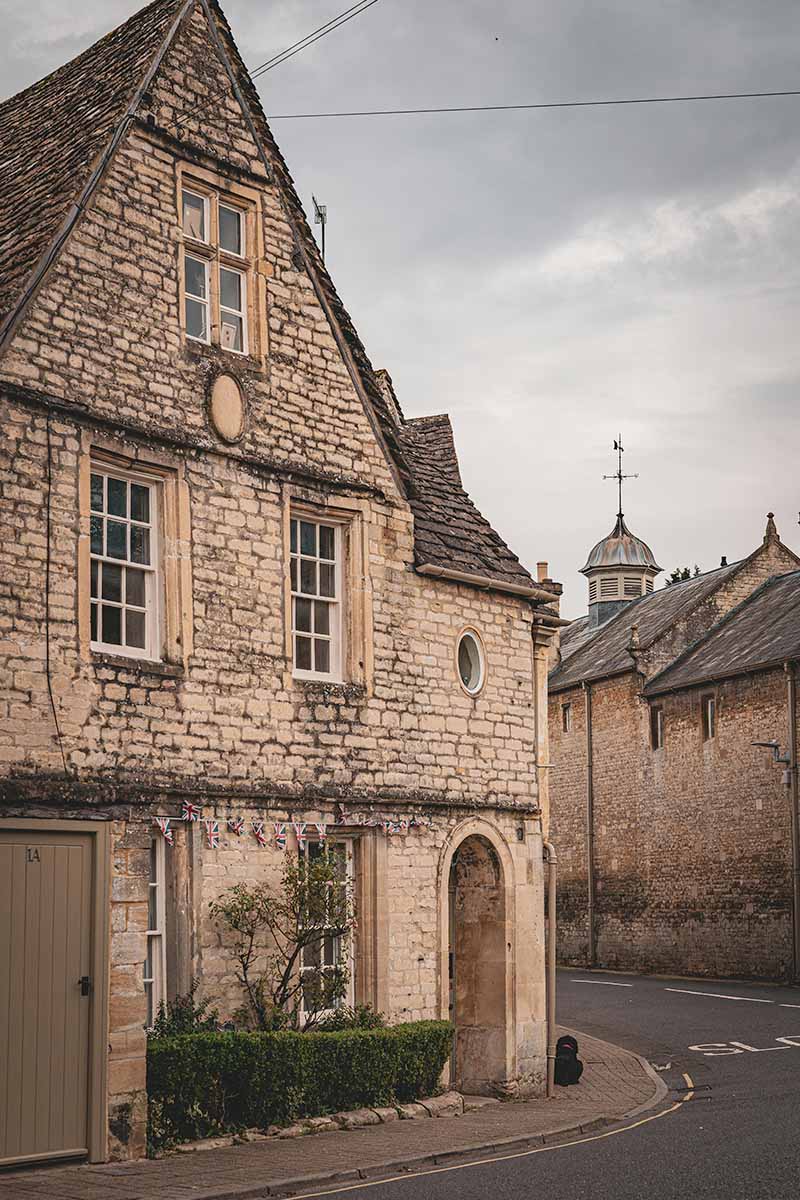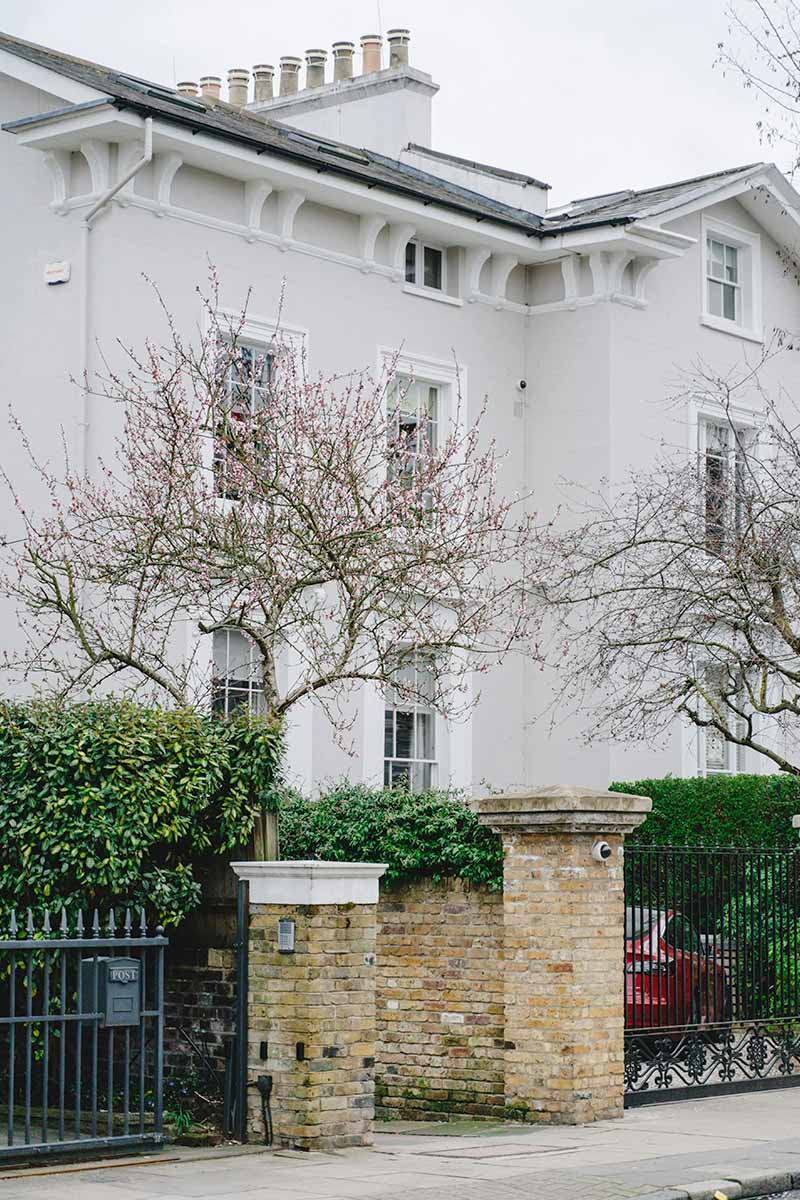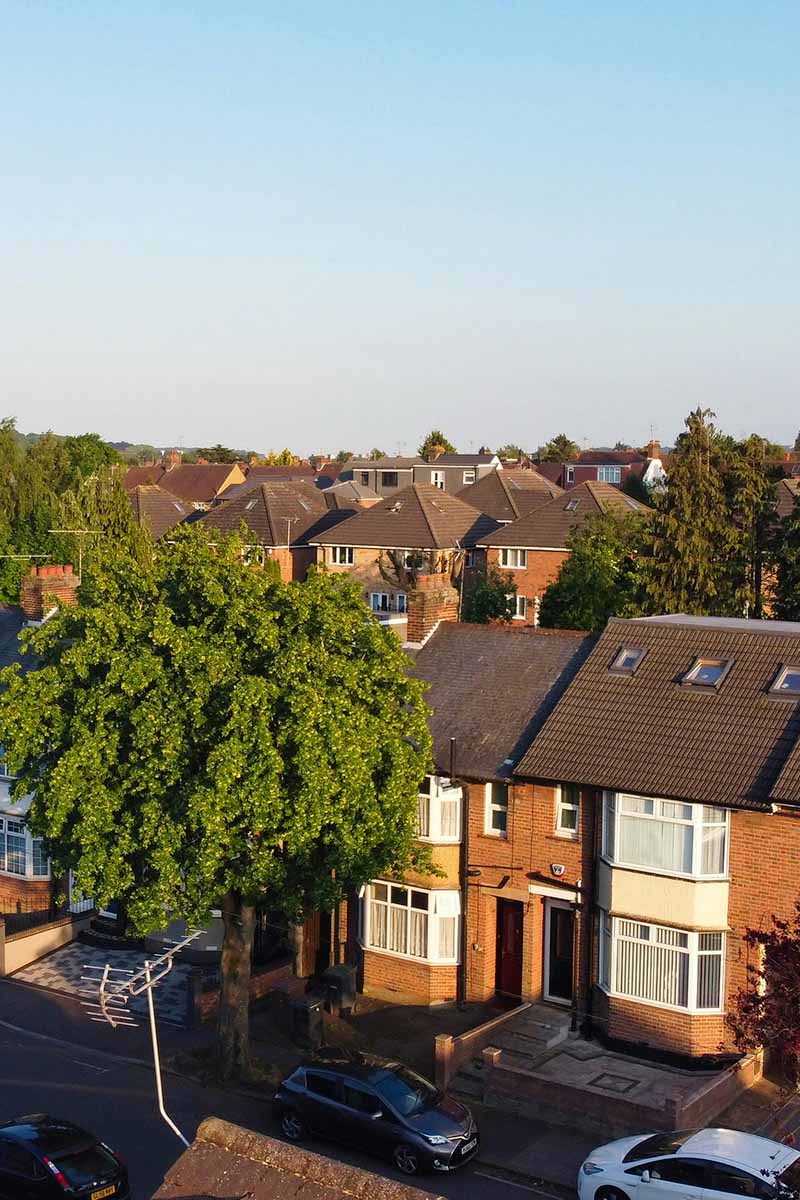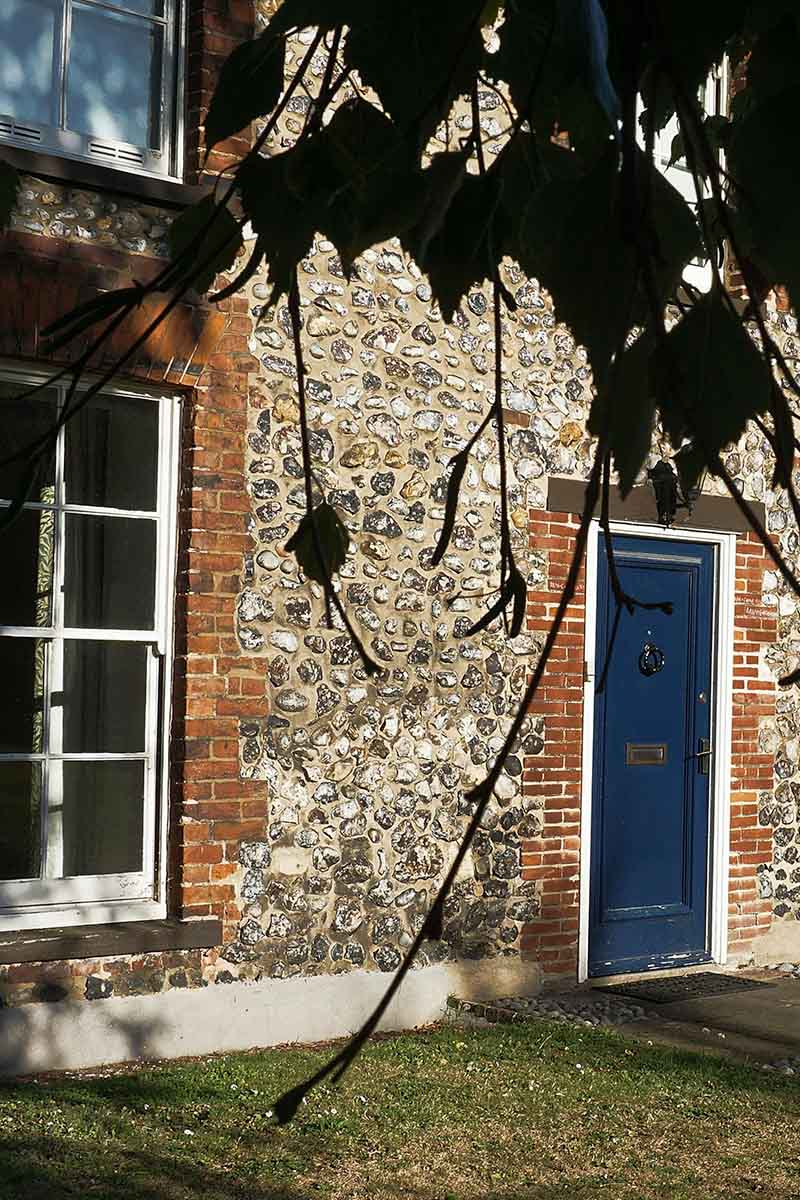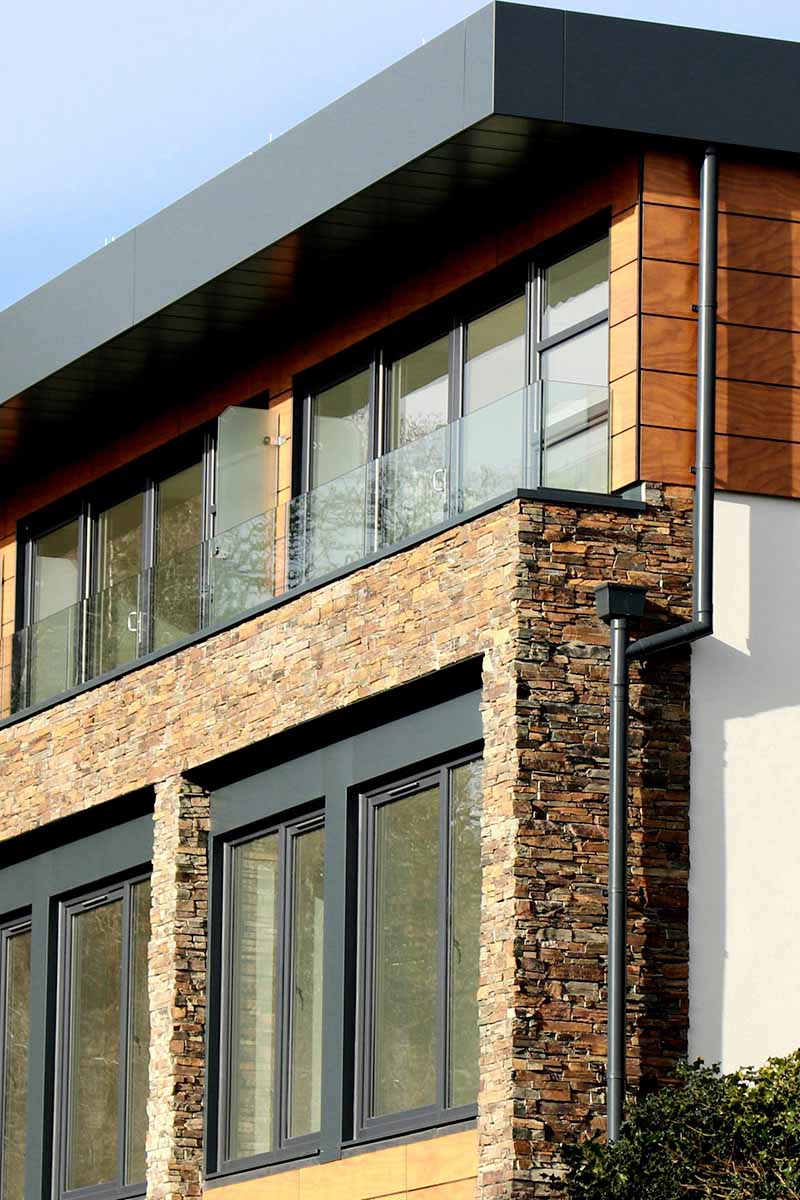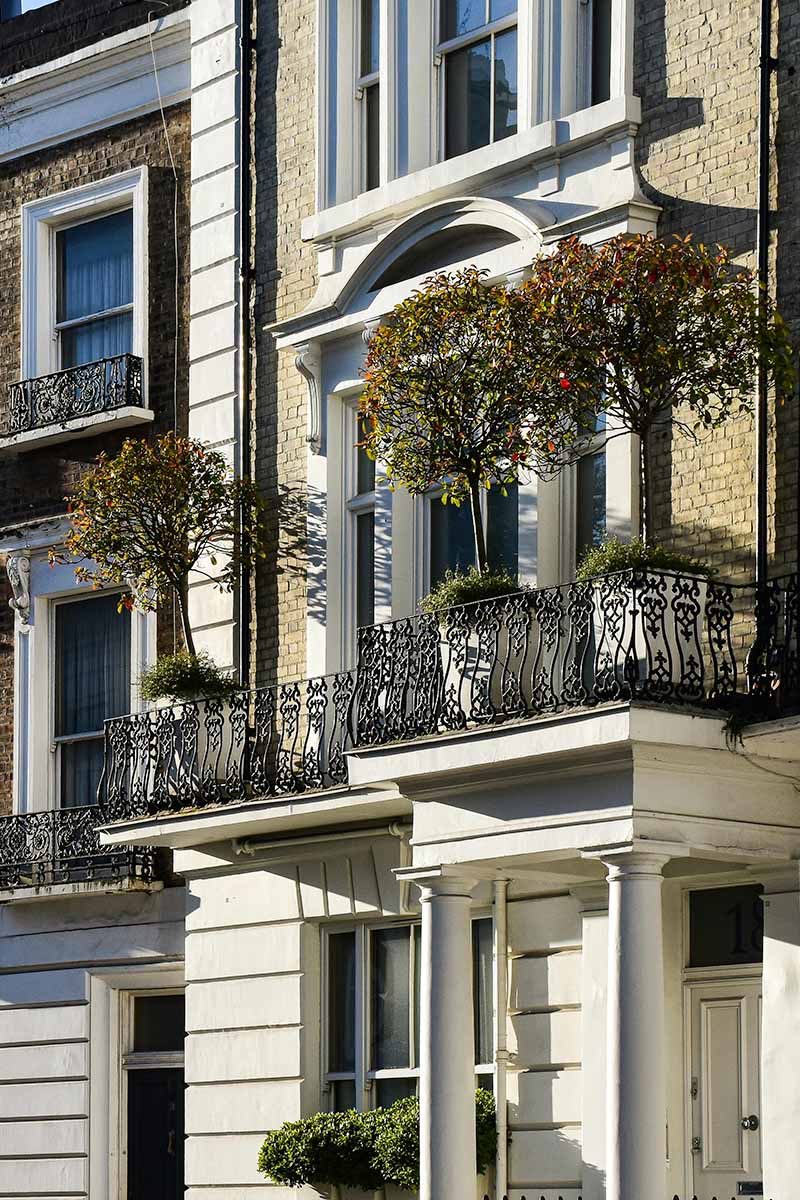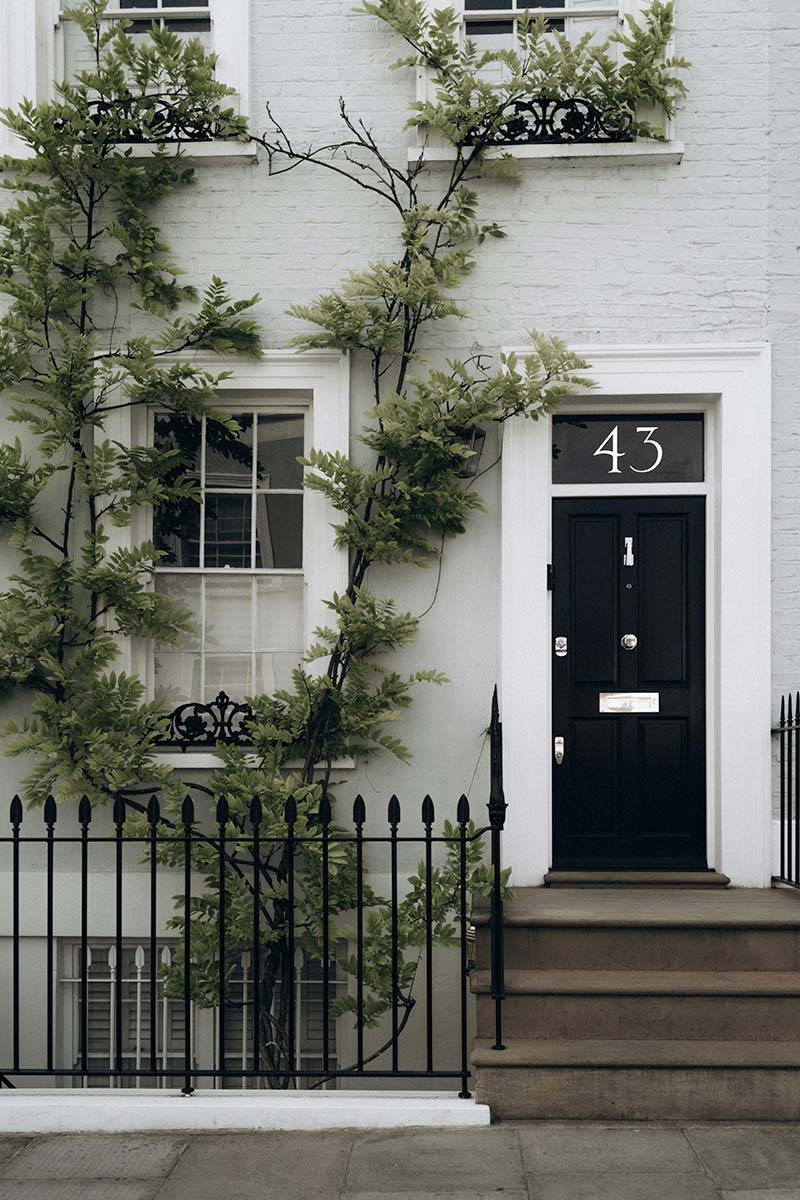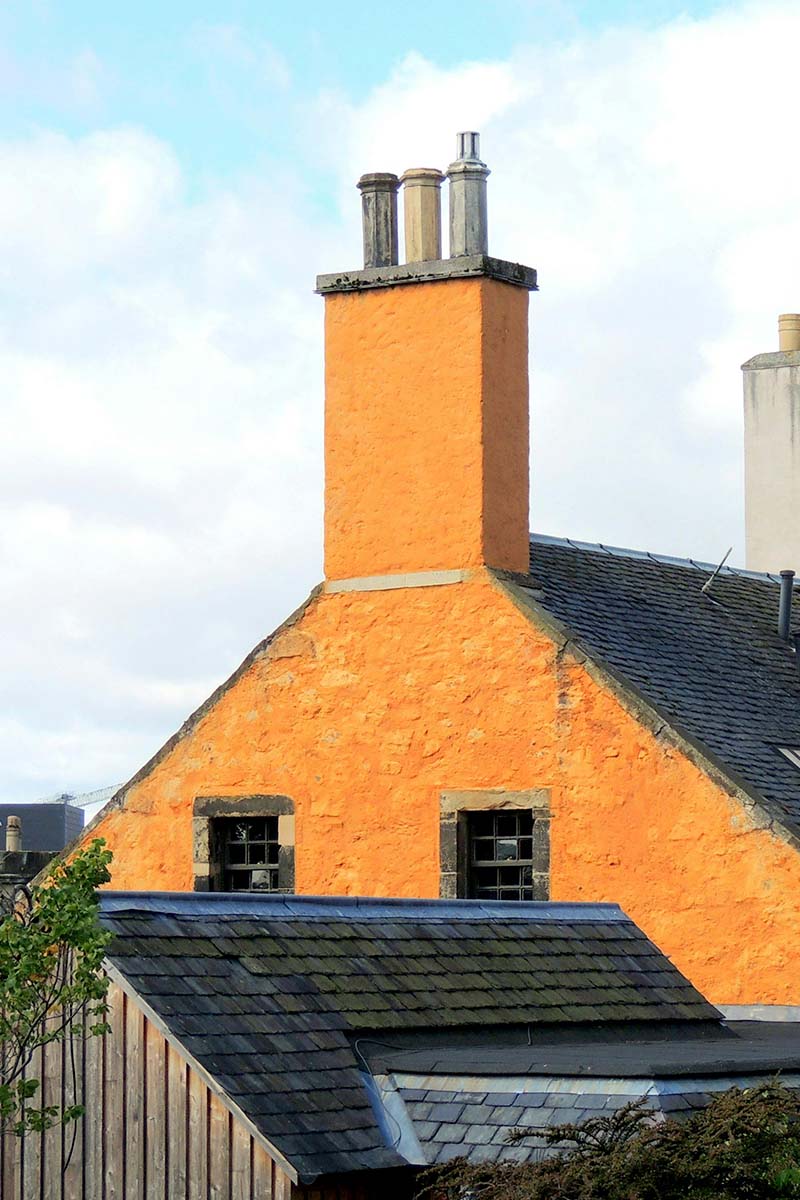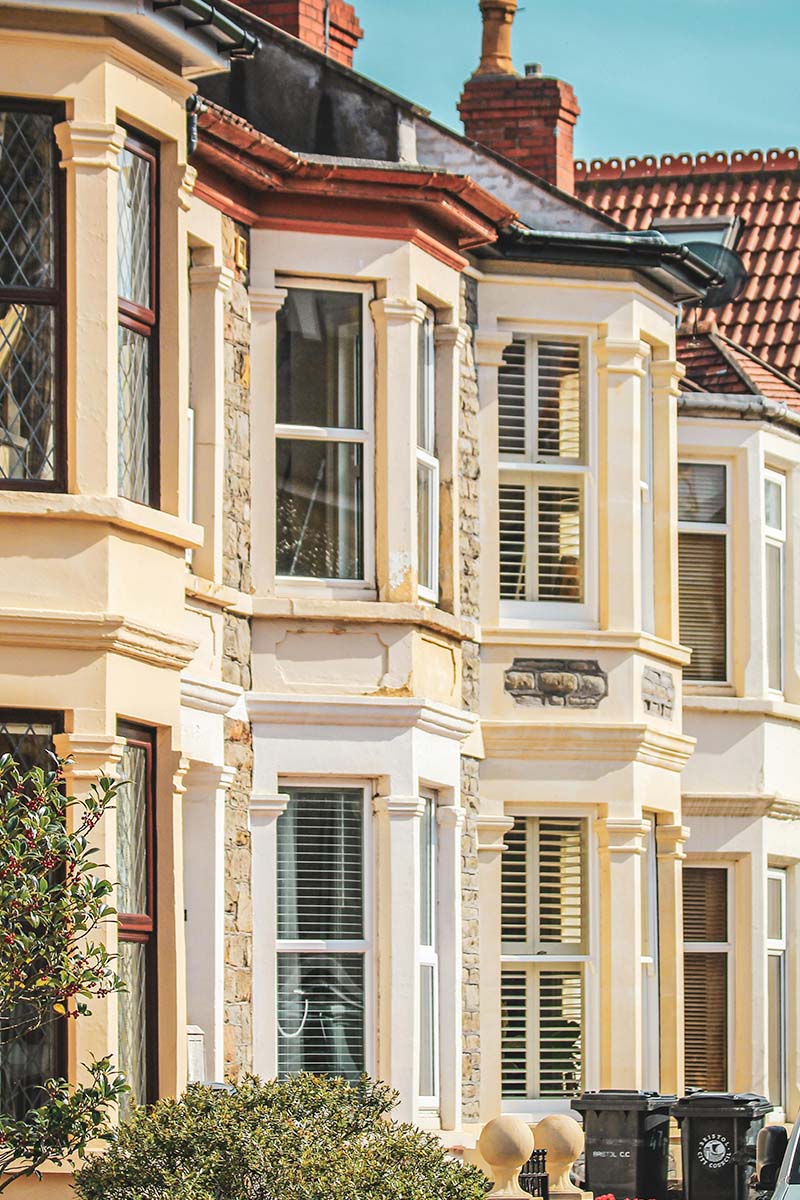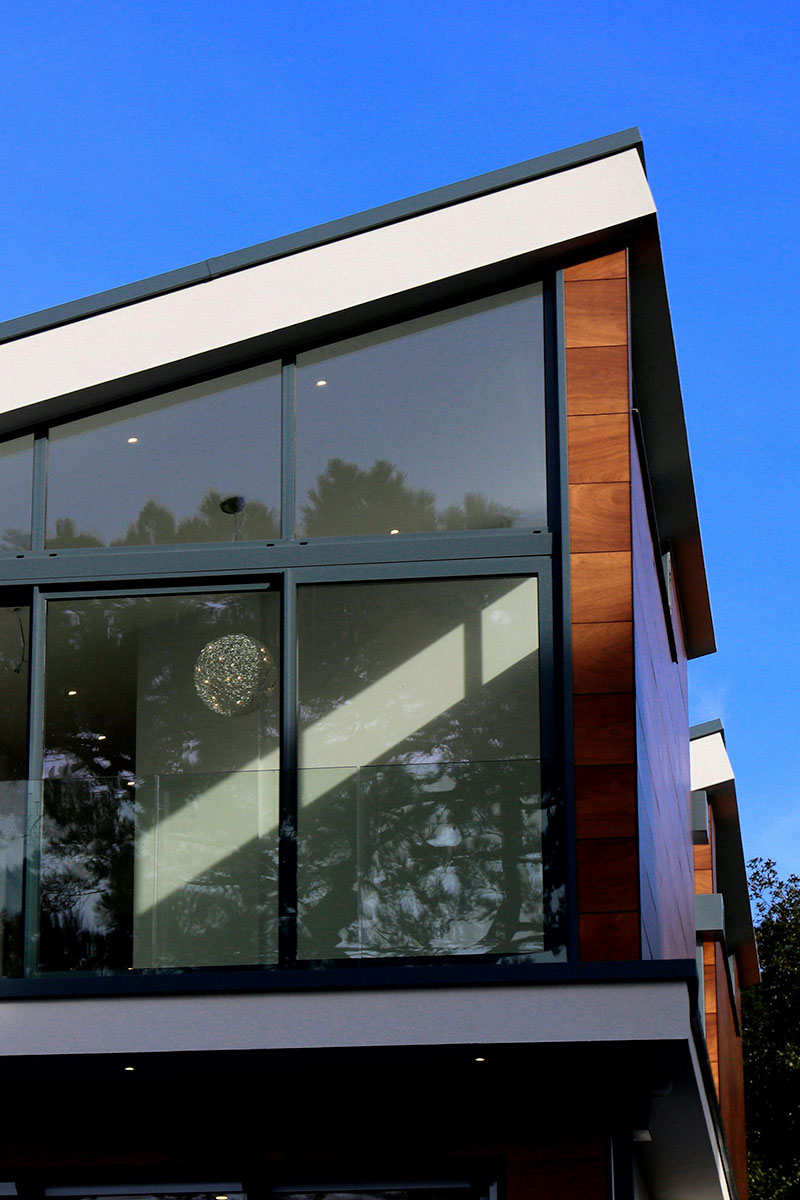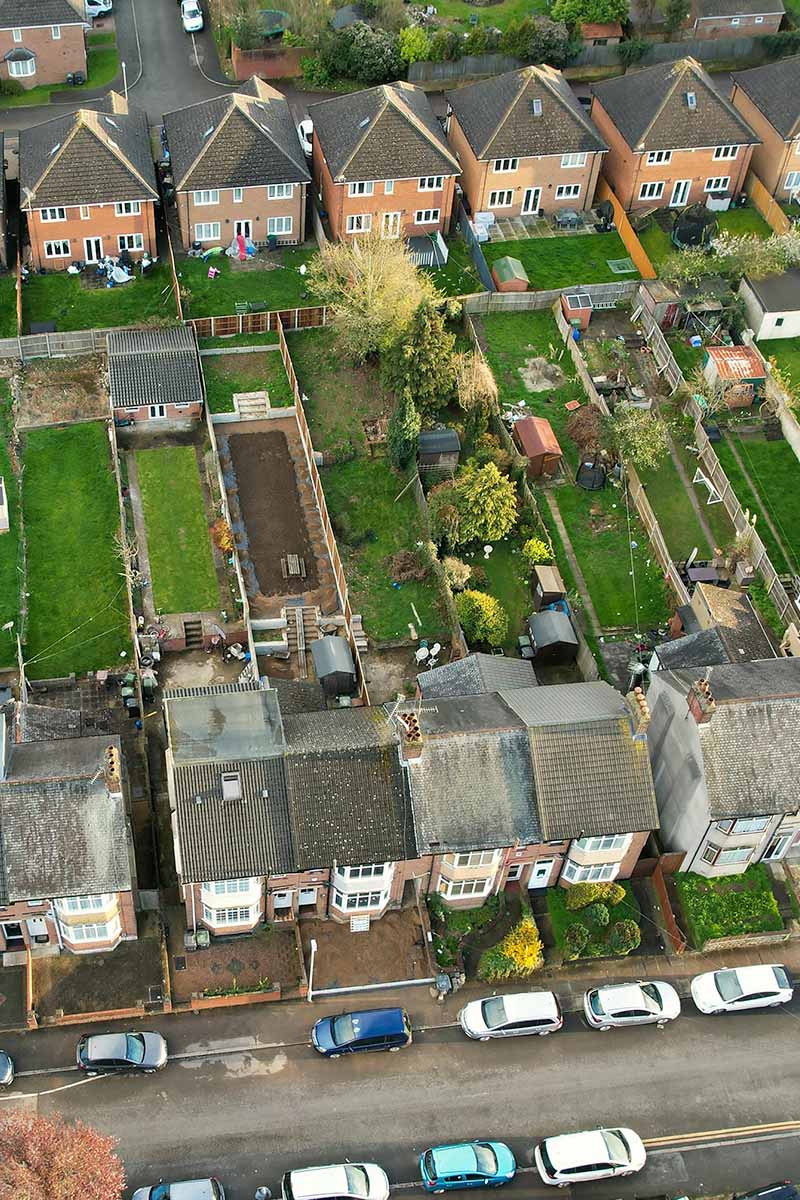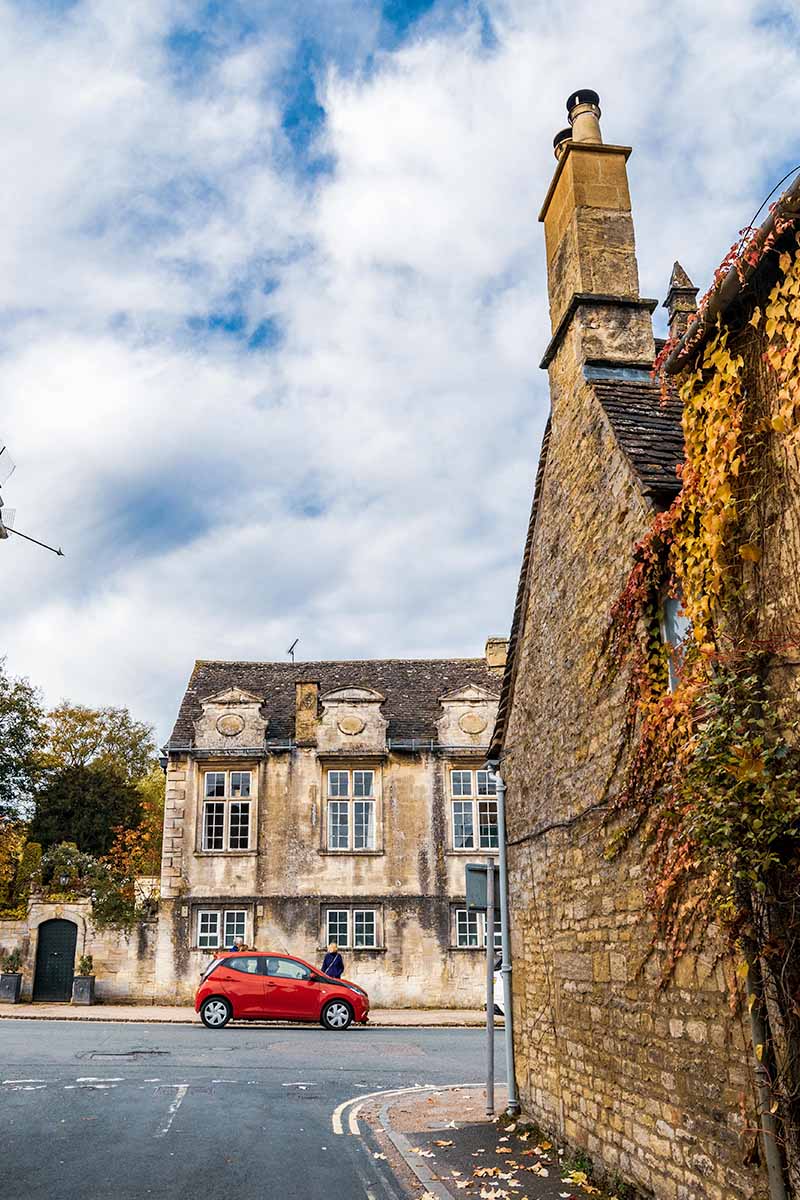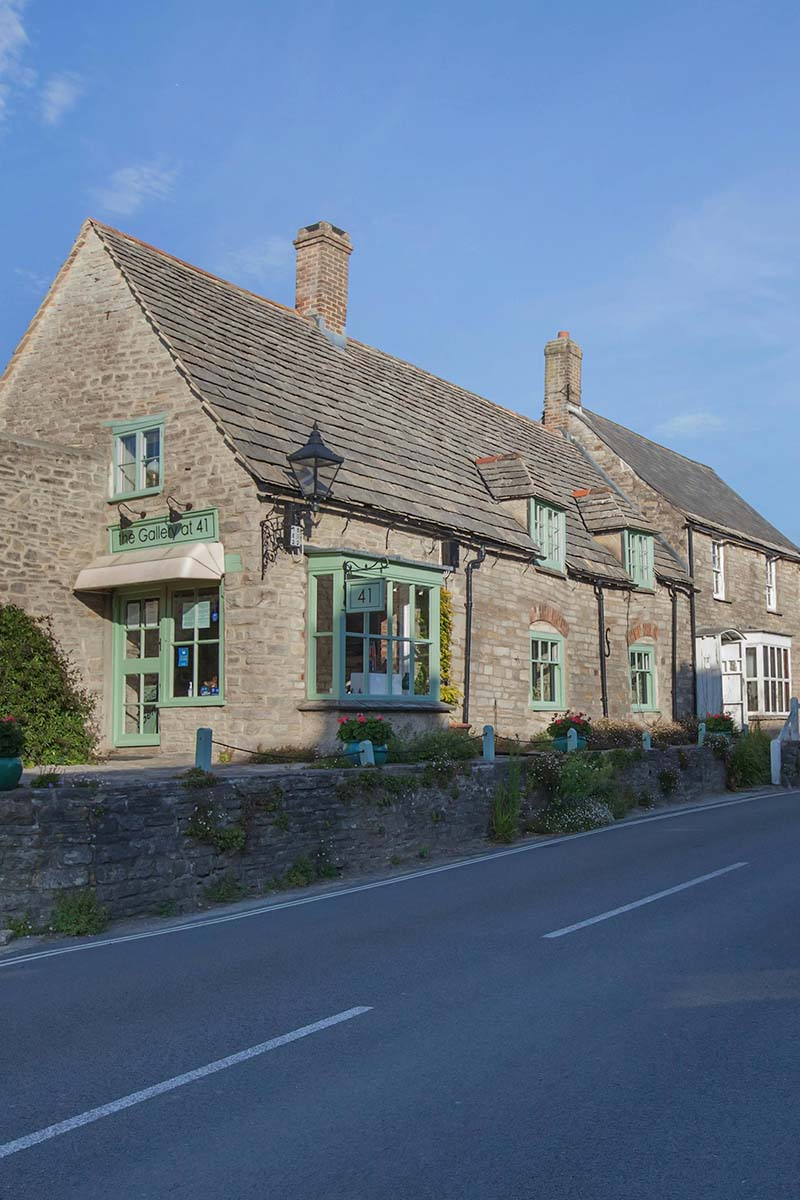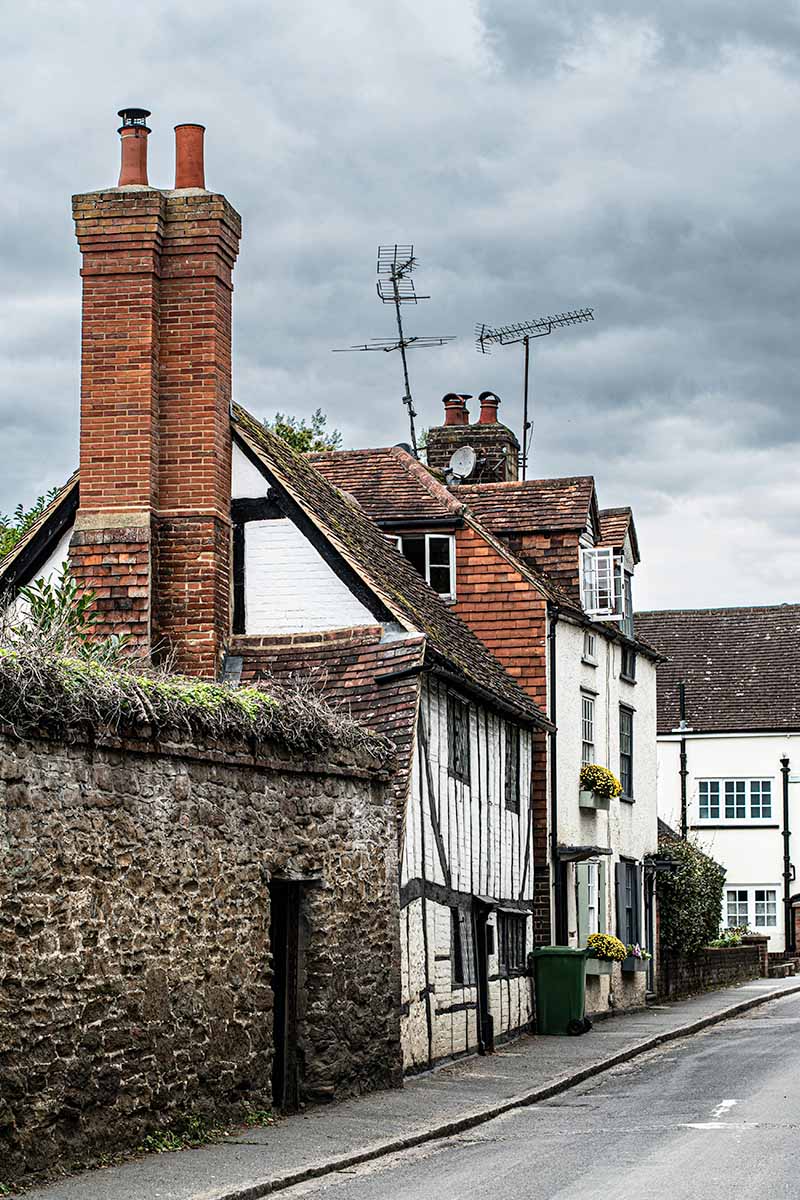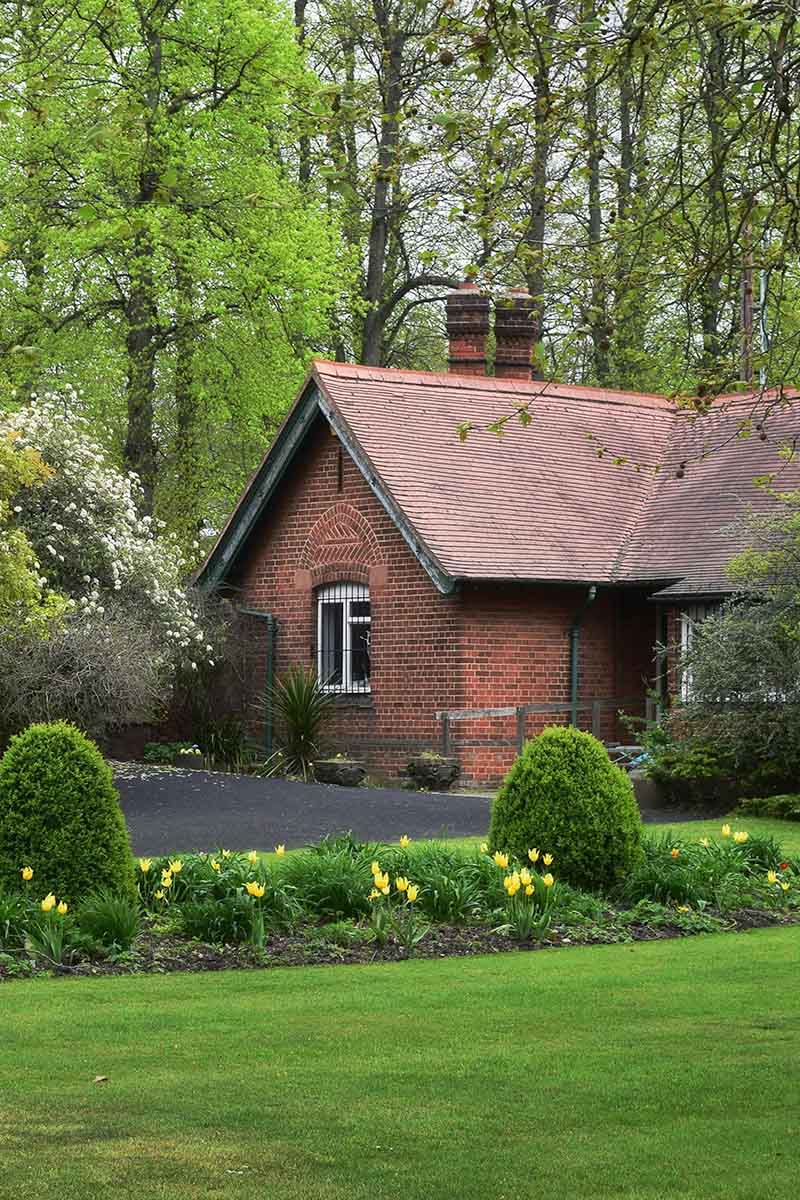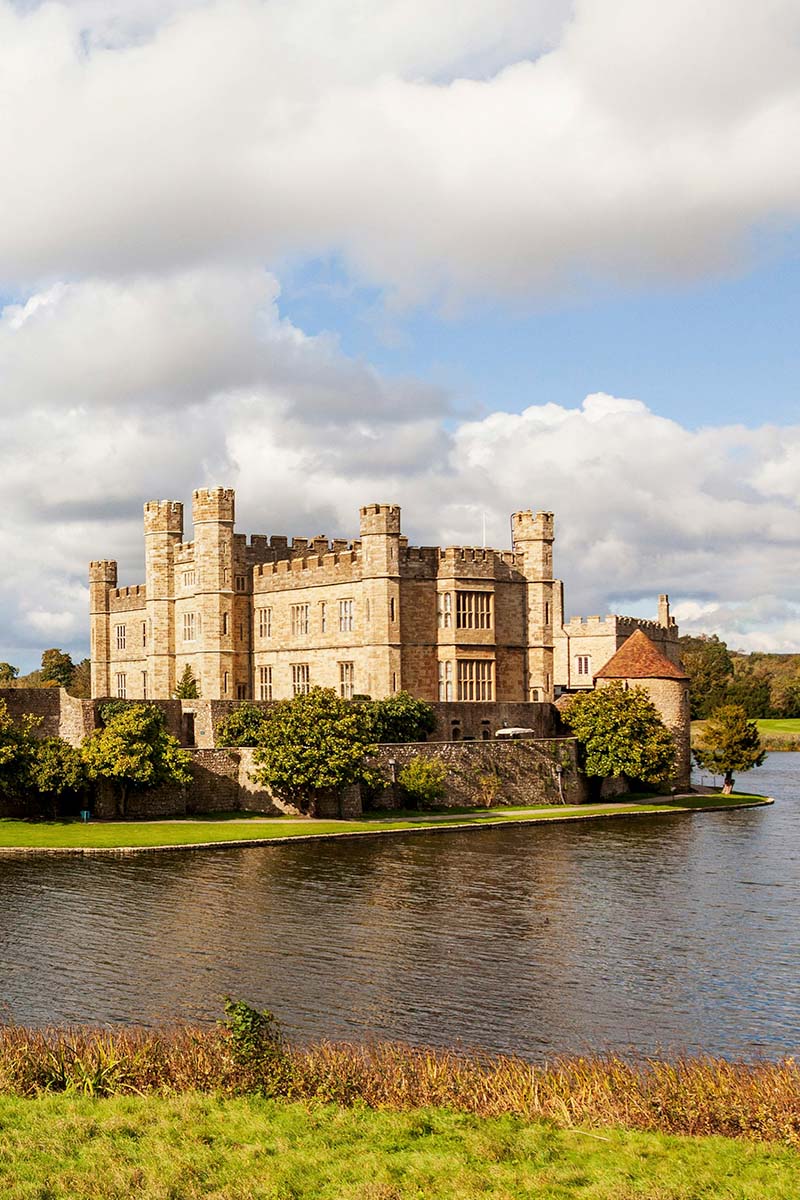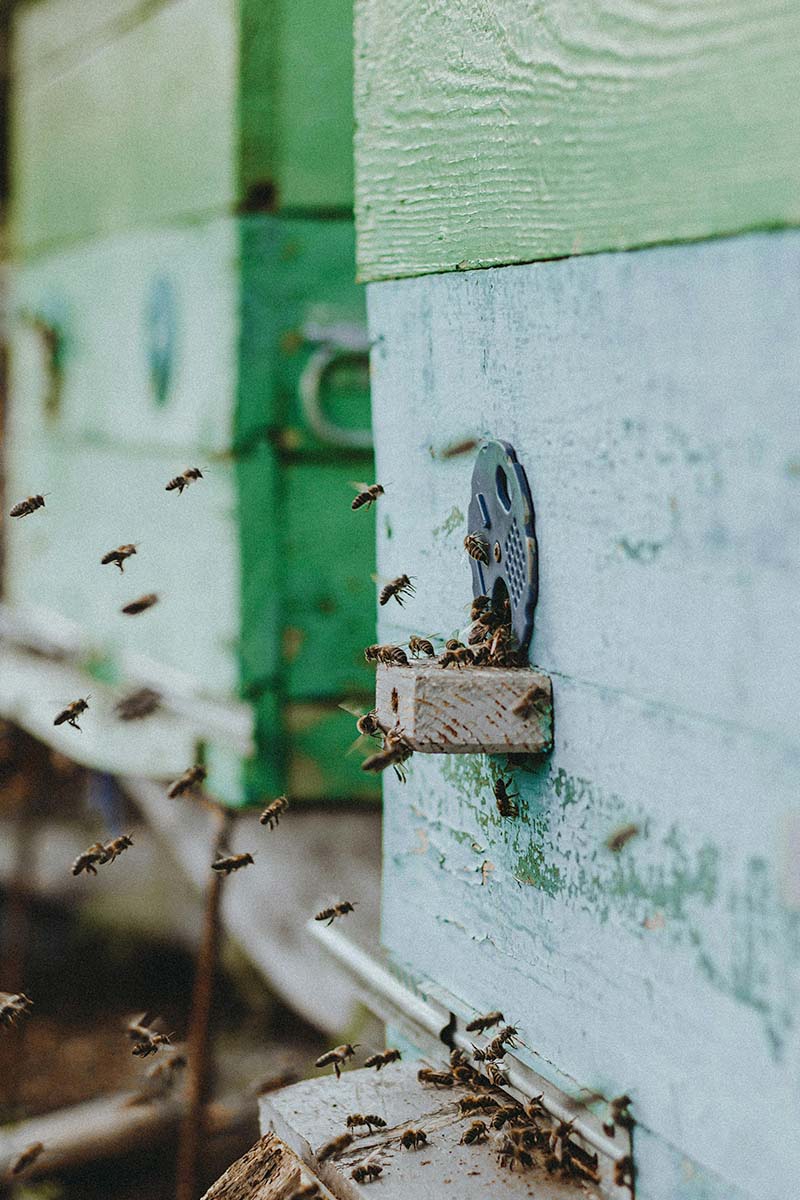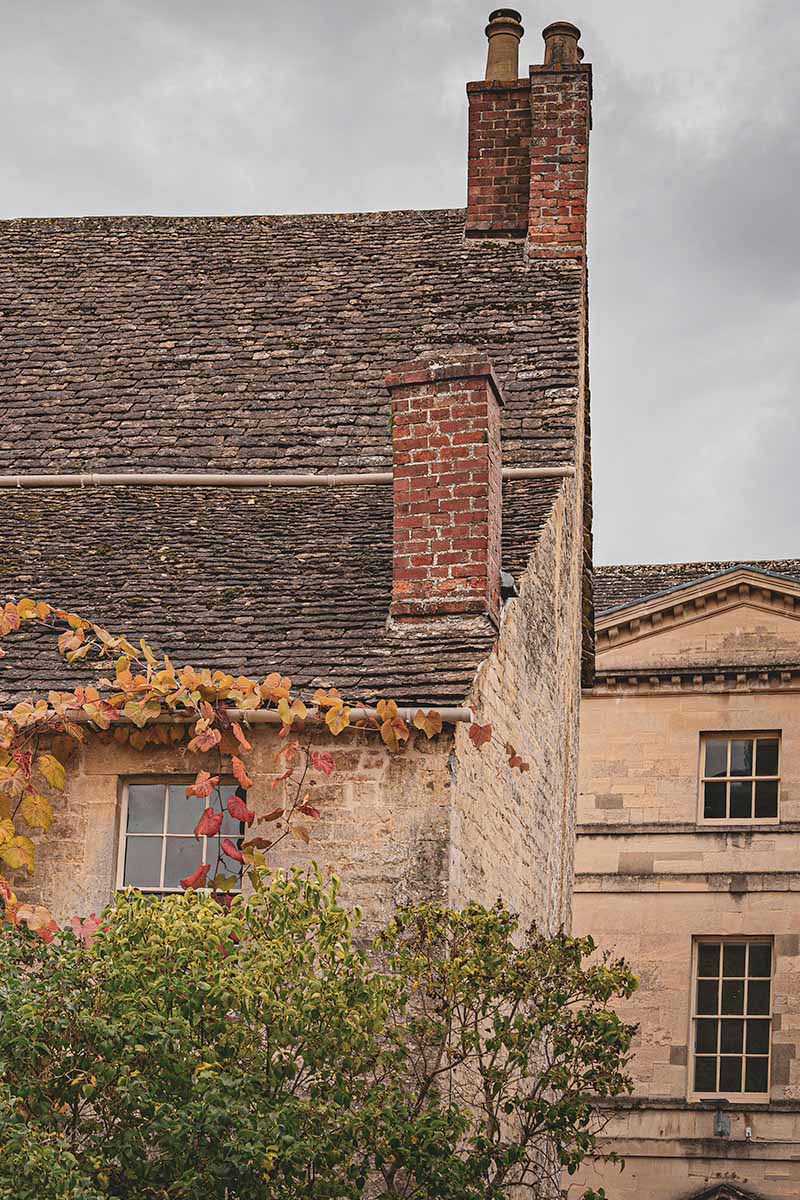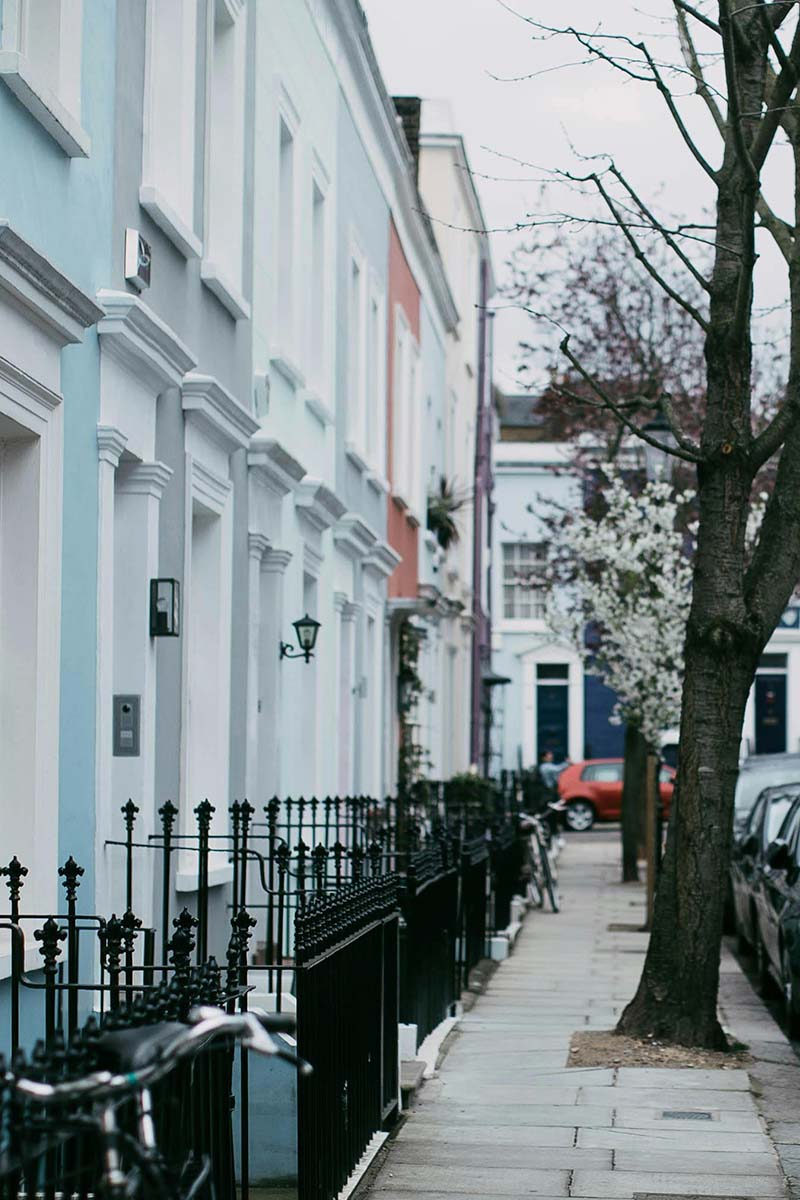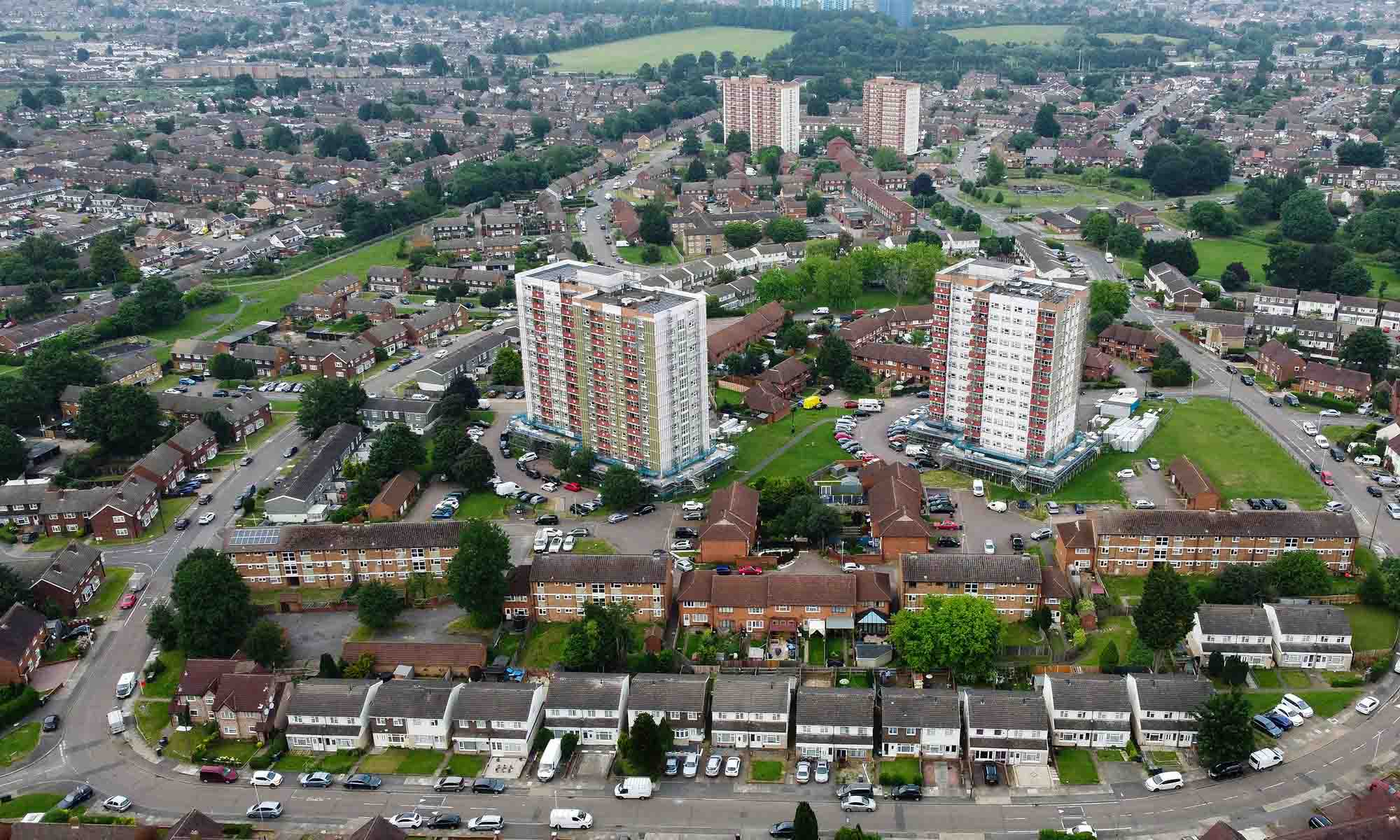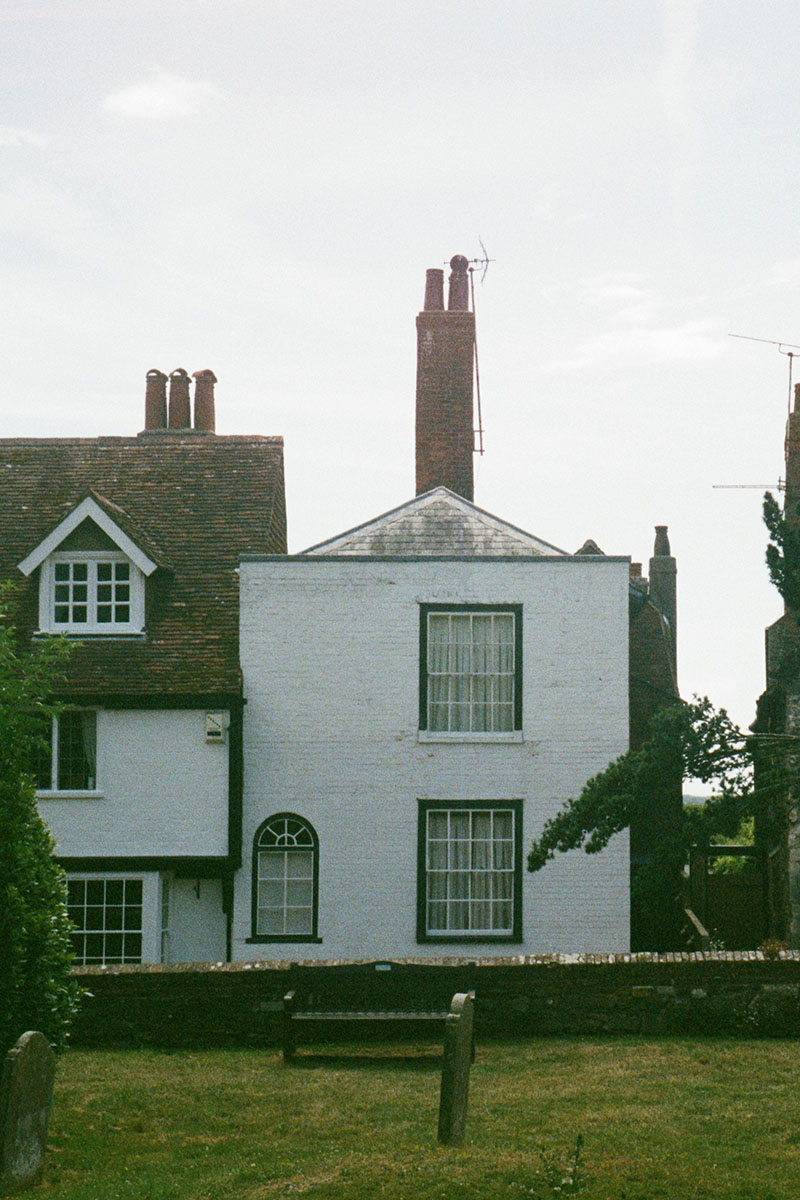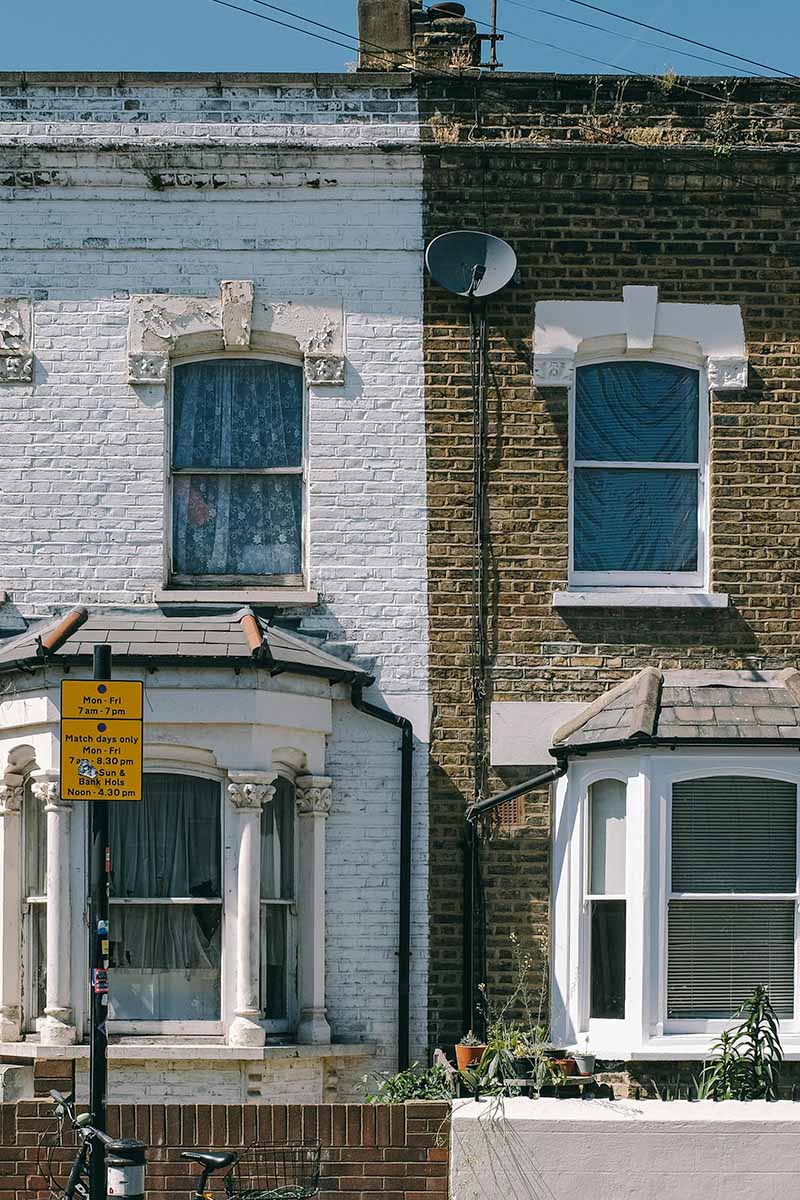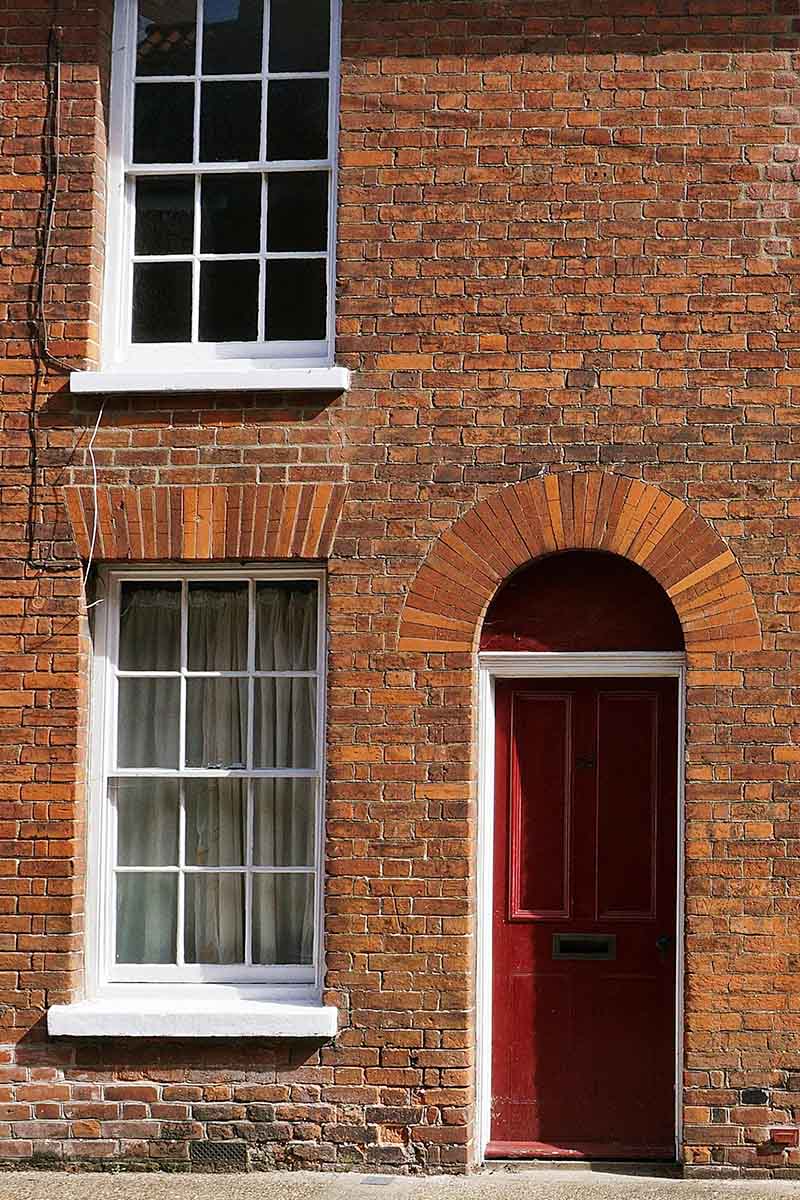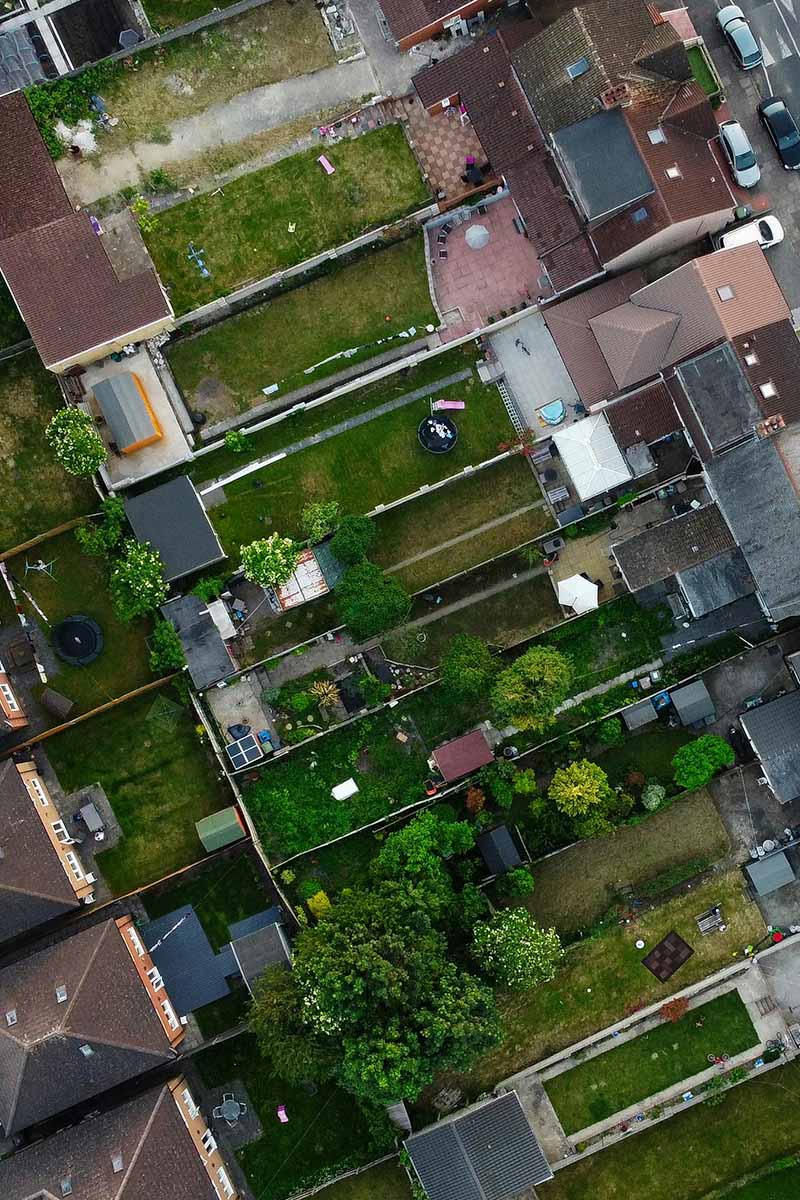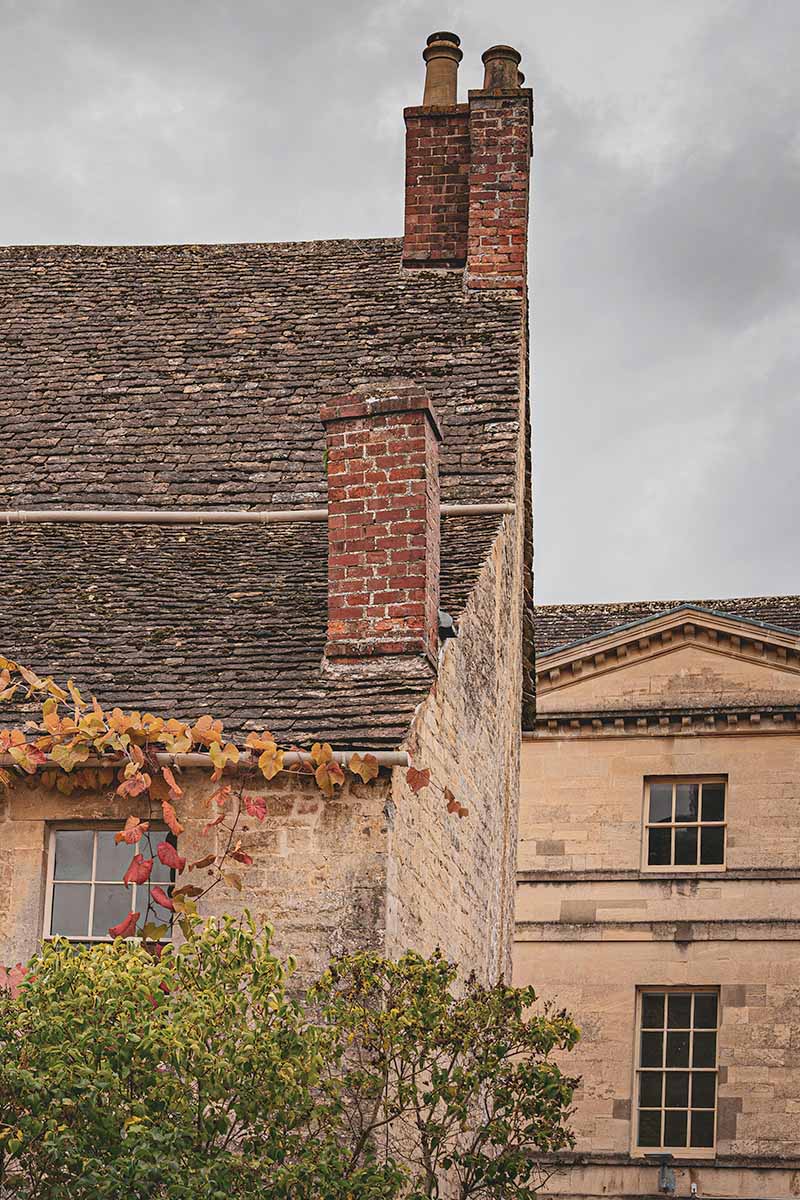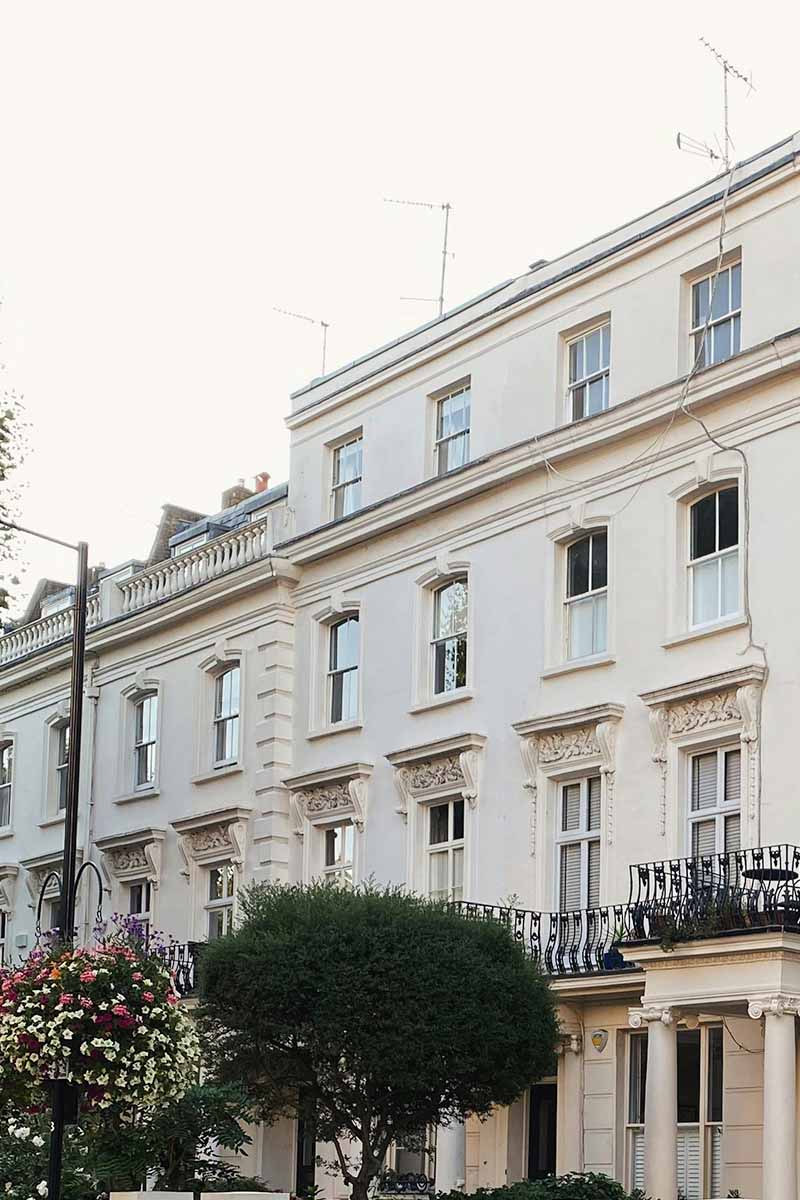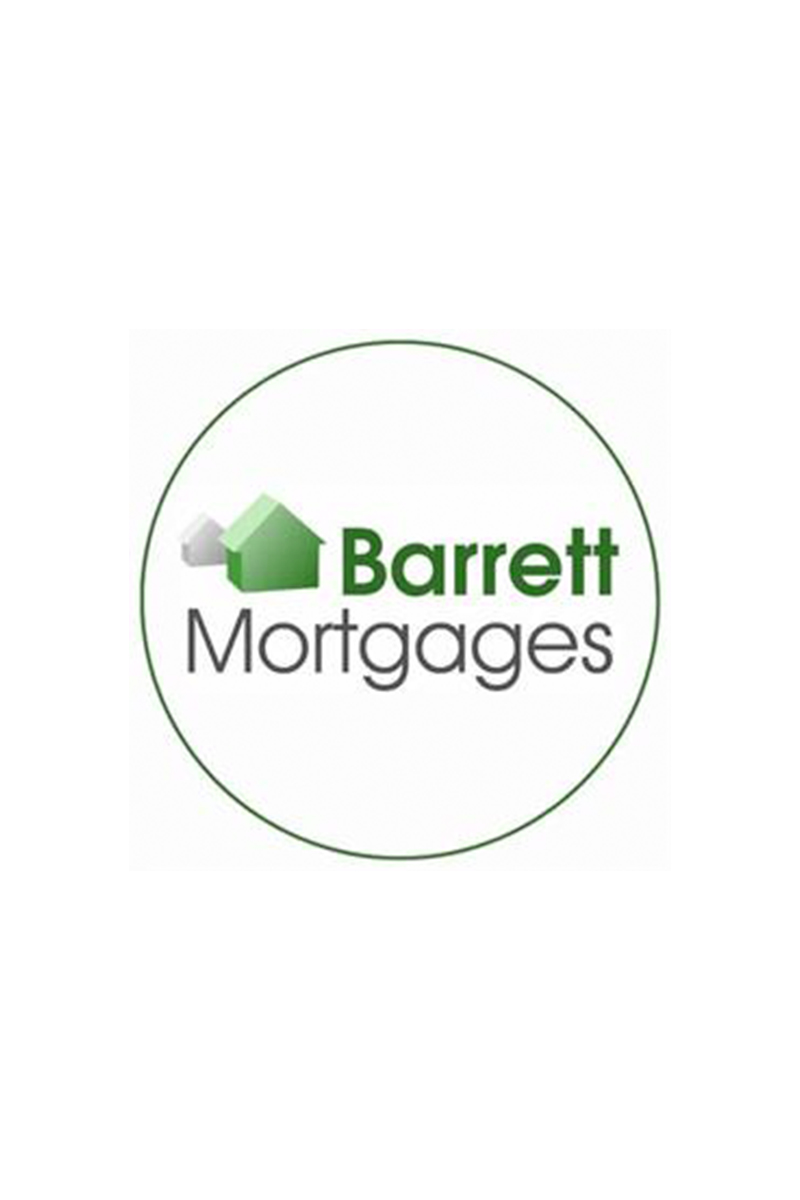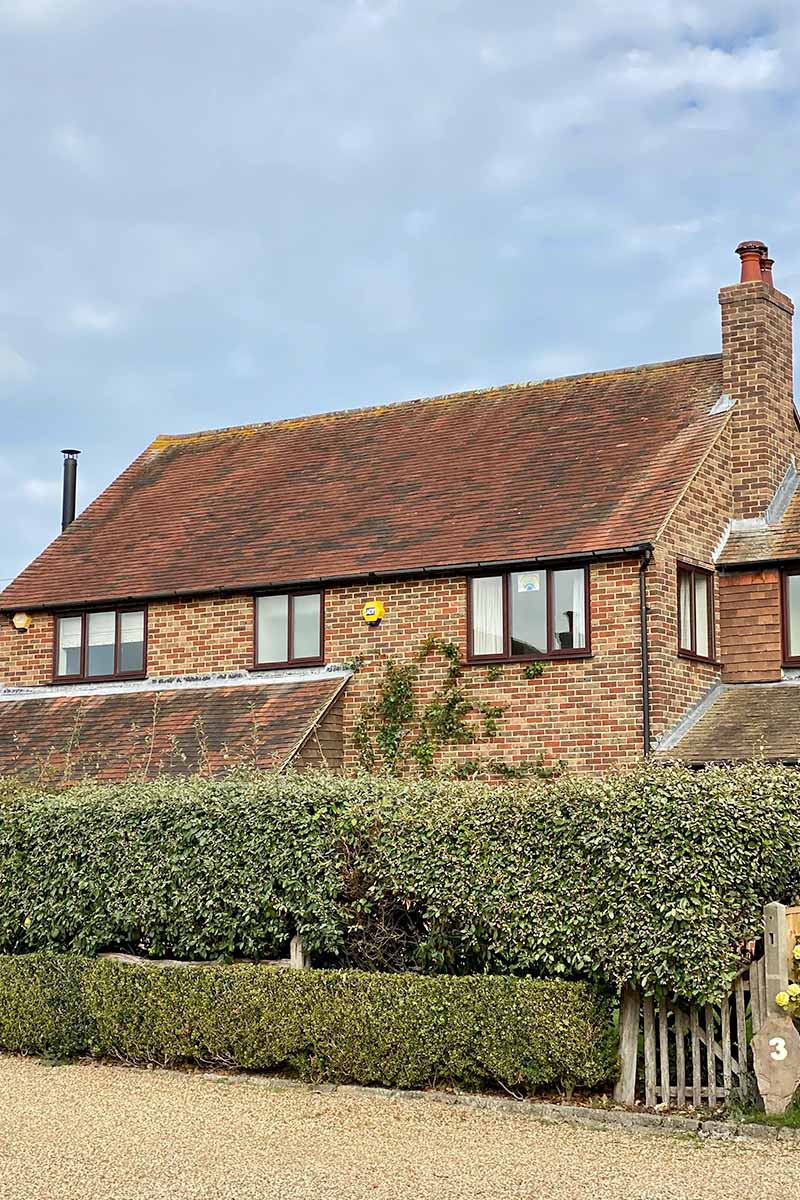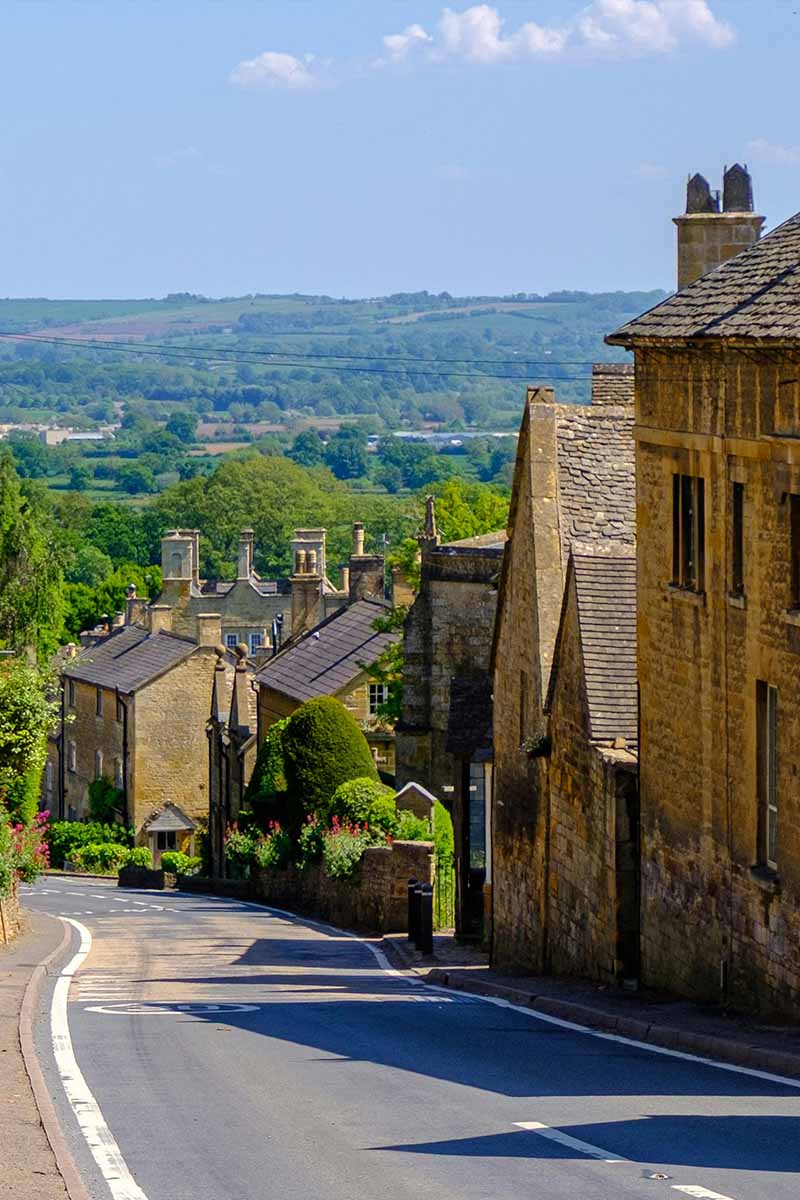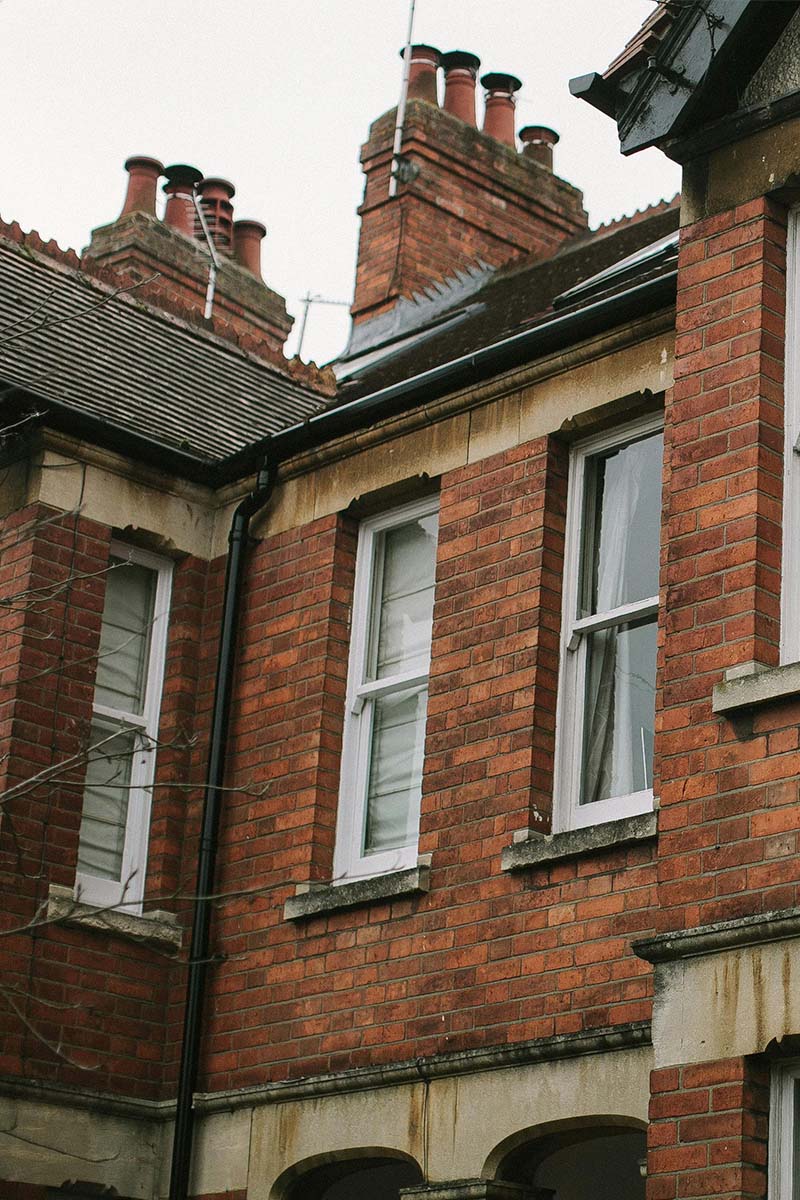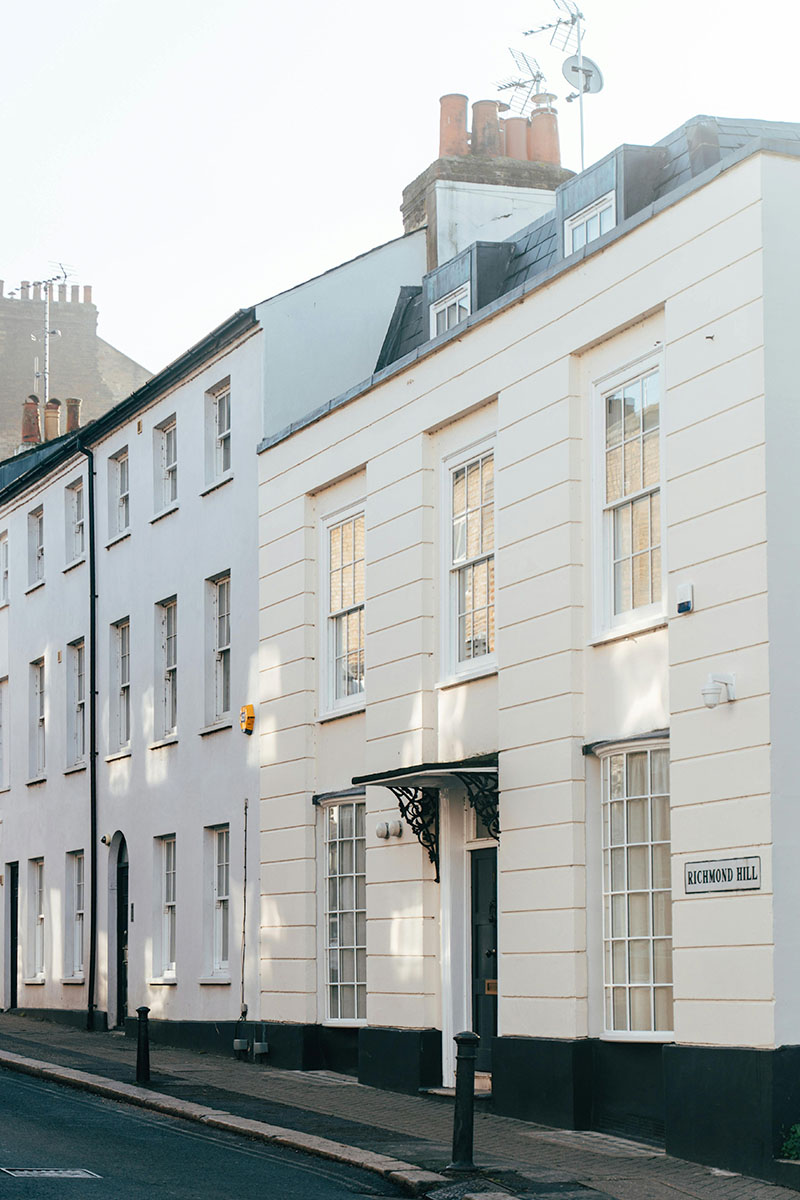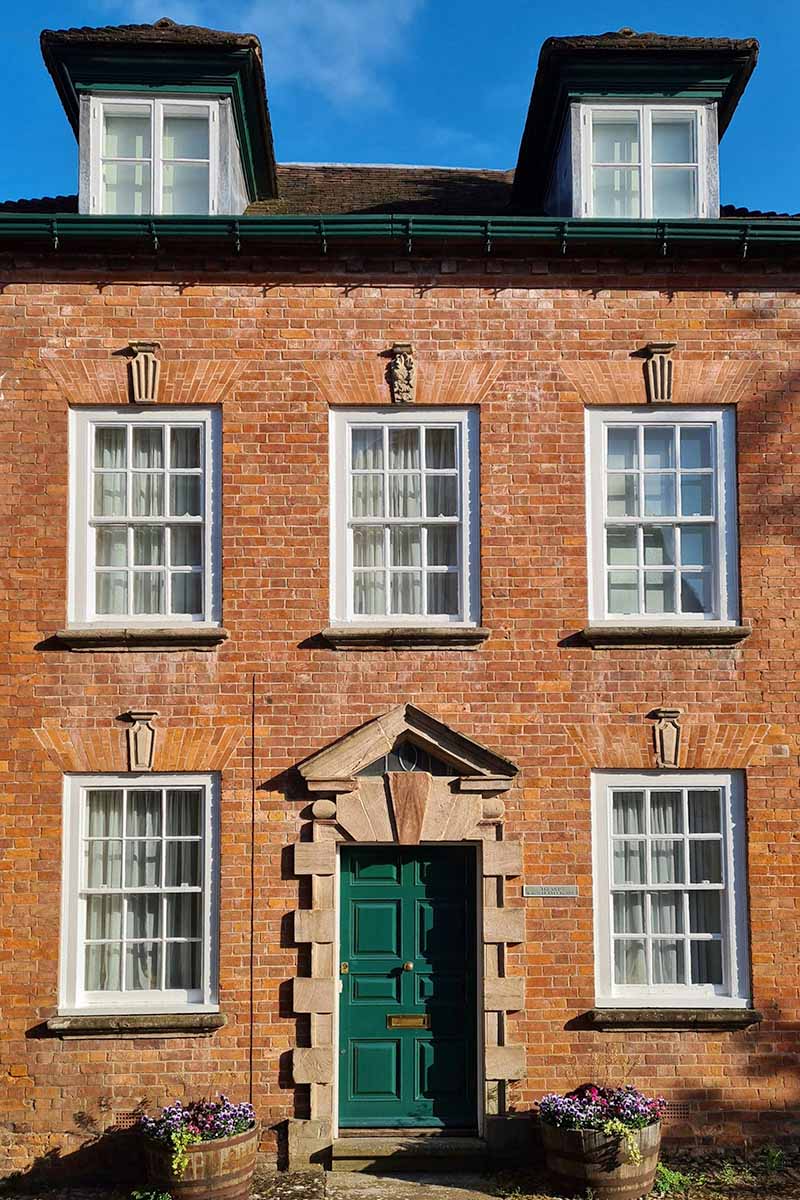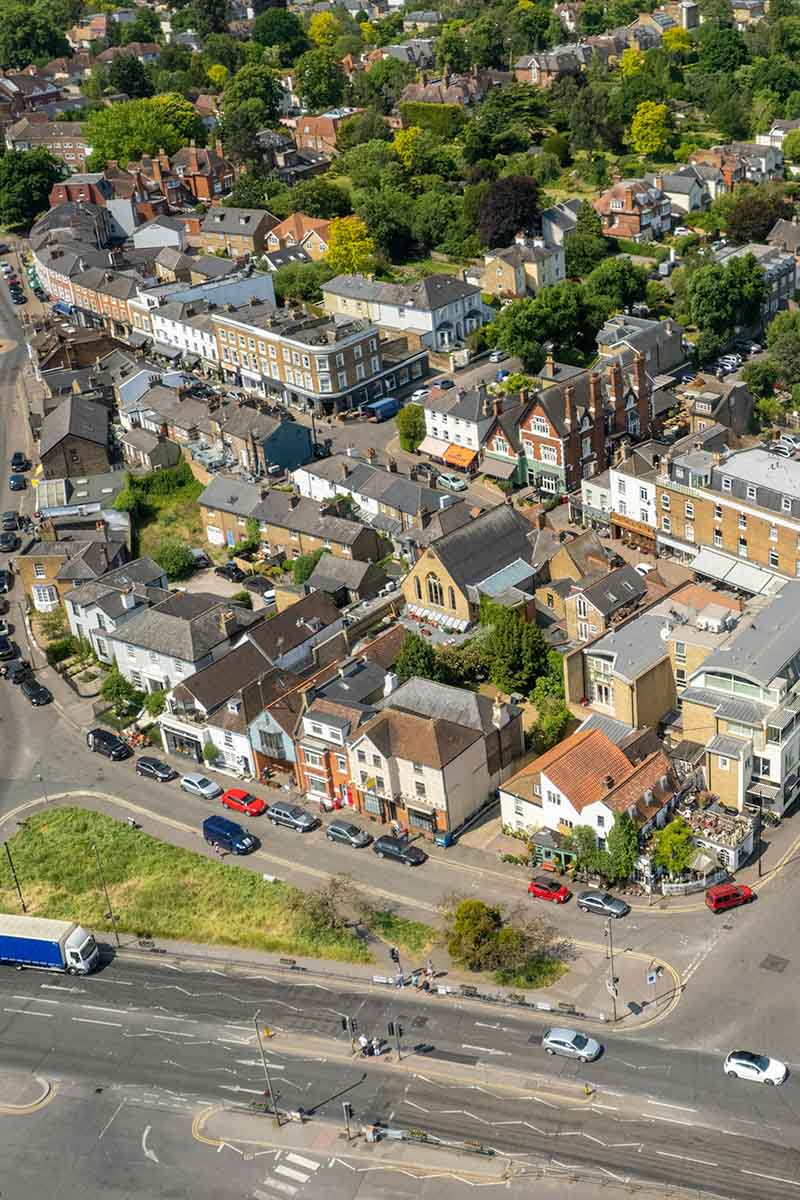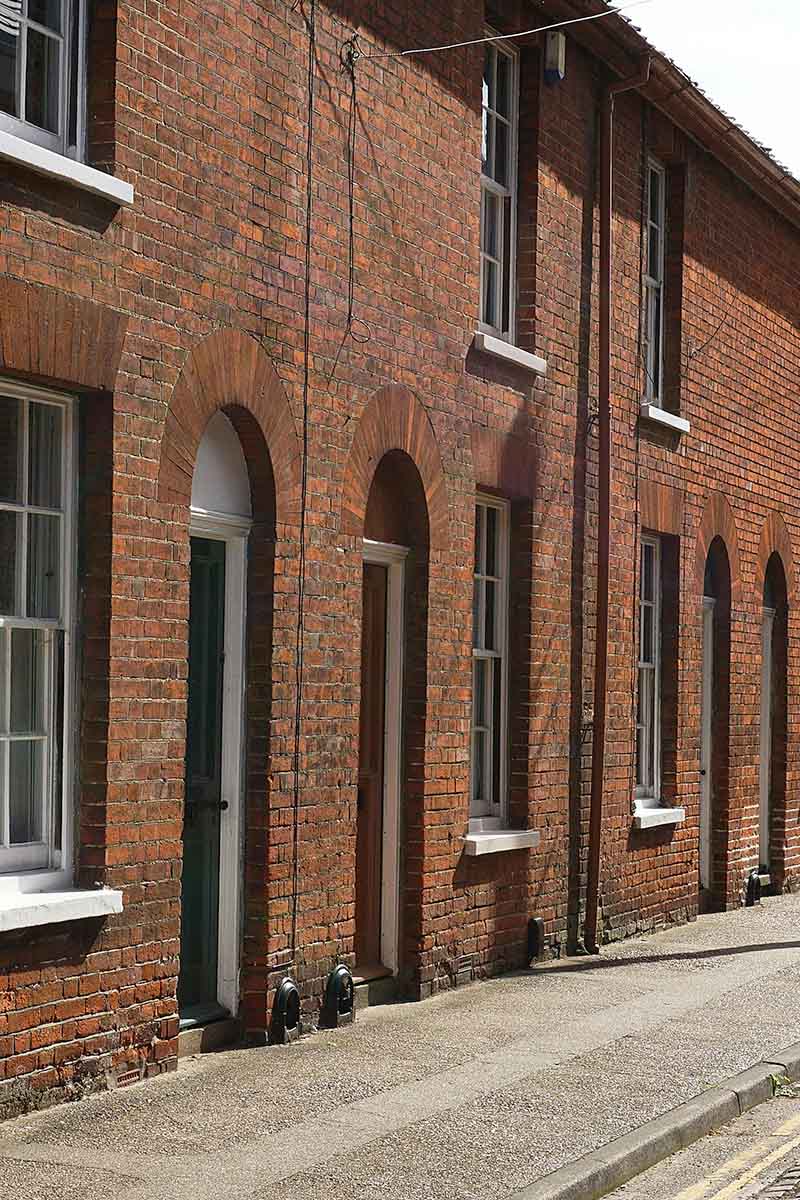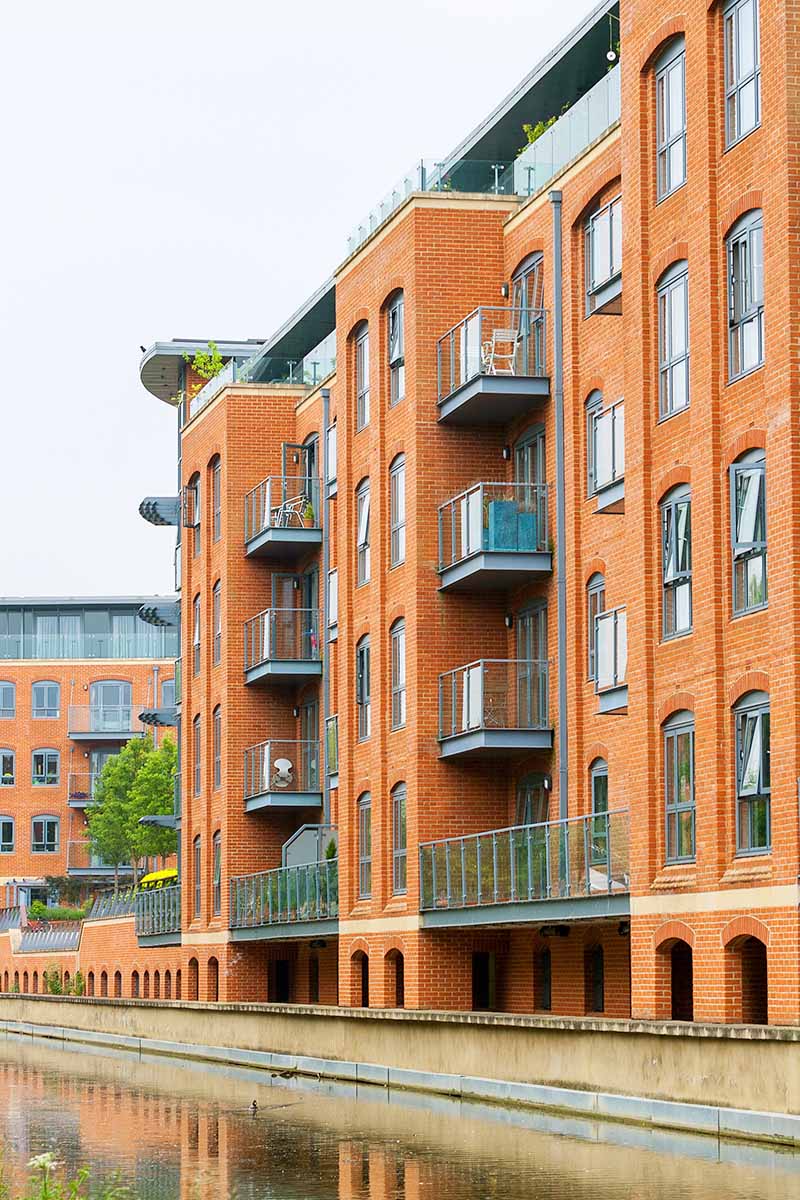Do you pay capital gains tax on inherited property?
You may need to pay Capital Gains Tax (CGT) on inherited property, but only if you sell it later for more than its value at the time of inheritance. Simply inheriting a property does not trigger CGT. The tax only applies to the profit made between the date of inheritance and the eventual sale.
This article explains when and how Capital Gains Tax (CGT) applies to inherited property in the UK. CGT is not due when you inherit a home, but it may be owed if you sell it later for a profit compared to its market value at the time you inherited it.
Key points include:
- No CGT at the point of inheritance.
- CGT applies if the property is later sold for a profit.
- The "gain" is based on the difference between the sale price and the value at the time of inheritance.
- A valuation at the time of inheritance is key to calculating any future gain.
- Selling soon after probate may result in little or no CGT.
- The annual CGT allowance can be applied to reduce your tax bill.
- Deductions like legal fees and improvements can also reduce the taxable gain.
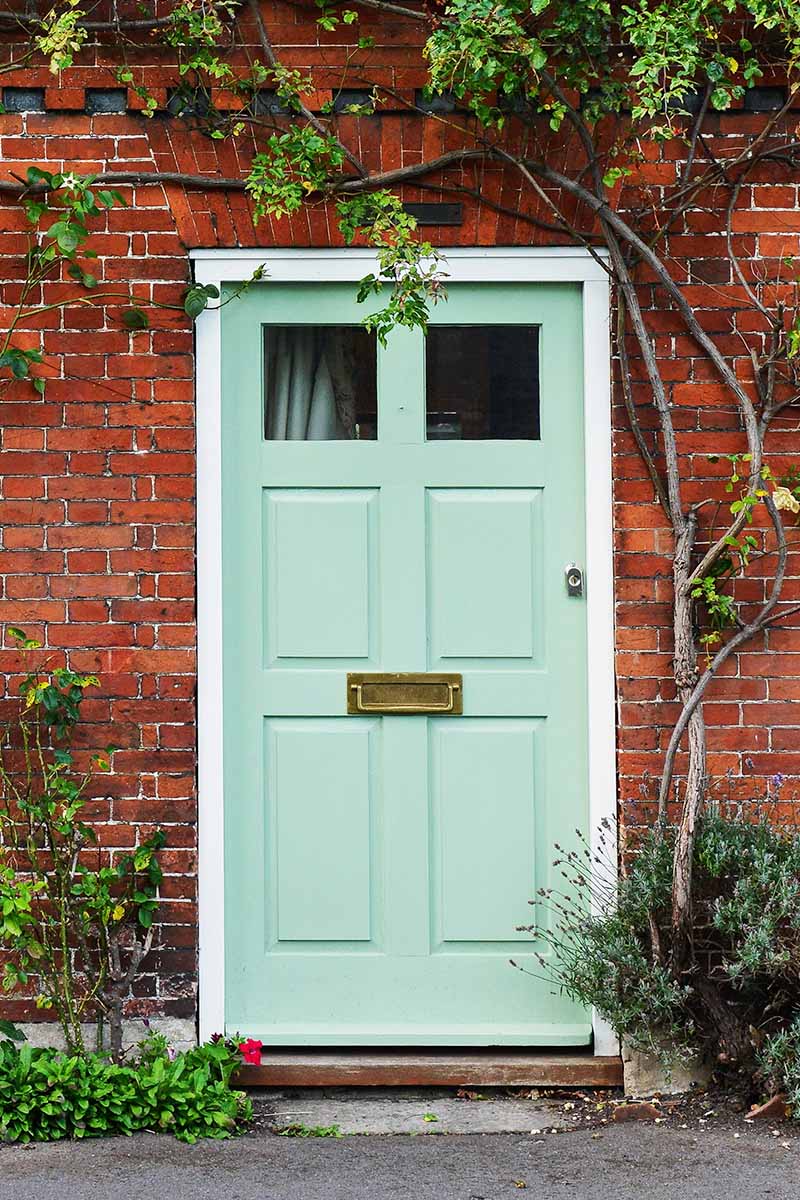
What is Capital Gains Tax?
Capital Gains Tax is a tax on the profit you make when selling something that has increased in value. For property, this includes any home that isn't your main residence.
Do you pay CGT when you inherit a property?
No. Inheriting a property does not, by itself, trigger Capital Gains Tax. However, if you decide to sell the property later and the sale price is higher than its value at the time of inheritance, the profit may be subject to CGT.
This is because the property’s value at the date of death becomes your base cost for tax purposes.
Example of how CGT works on inherited property
You inherit a property valued at £250,000 at the time of inheritance. A few years later, you sell it for £300,000.
- Gain = £300,000 (sale price) – £250,000 (probate value) = £50,000.
- You may need to pay CGT on all or part of that £50,000.
Do you need a valuation when you inherit a property?
Yes, it’s strongly recommended to get a professional valuation at the time of inheritance. This value will be used to calculate any gain when you sell the property later.
- You are not legally required to get a valuation, but having one on file helps avoid disputes with HMRC.
- Ideally, get a valuation from a chartered surveyor or estate agent.
- A Red Book valuation from a RICS-accredited surveyor is most reliable, especially if the property is valuable or likely to appreciate.
If you didn't get a valuation at the time, it's still possible to get a retrospective valuation later.
What if you sell the property shortly after probate?
If you sell an inherited property shortly after probate is granted, you are unlikely to owe much, if any, CGT. Here's why:
- You can't sell the property until probate is completed and legal ownership has transferred to you.
- The property's probate value (its value at the date of death) becomes your CGT baseline.
- If the sale price is similar to the probate value, there is little or no gain, so there’s little or no CGT to pay.
- You may still need to pay Inheritance Tax, but that’s separate and typically handled during the probate process.
- Aside from inheritance paperwork, the selling process is the same as with any property.
Can you use the annual CGT allowance on inherited property?
Yes. The Capital Gains Tax allowance can be applied to inherited property sales.
For the 2024/25 tax year, the allowance is:
- £3,000 per person.
- £3,000 per trust.
You only pay tax on the amount of gain above your allowance. For example:
- If your total gain is £10,000, and your allowance is £3,000, you’ll only pay CGT on £7,000.
If the property is inherited by multiple people, each can use their own allowance on their share of the gain.
Allowances and deductions
You can also deduct certain costs from the total gain before CGT is calculated, including:
- Solicitor and estate agent fees.
- Costs of capital improvements (e.g. extensions or renovations).
- Survey and valuation fees.
You cannot deduct regular maintenance or mortgage interest.
Save time and hassle by selling your home with us
Get a guaranteed cash offer on any property in England and Wales. All you need to do to get started is enter your address below.
What about Inheritance Tax?
Inheritance Tax (IHT) is a separate tax that applies to the estate of the person who passed away. It may have already been paid before the property was passed on to you.
You do not pay both IHT and CGT on the same value at the same time, but it is possible to be affected by both — IHT at the time of inheritance and CGT at the time of sale.
When and how to report CGT
If you do need to pay Capital Gains Tax on the sale of an inherited property:
- It must be reported to HMRC within 60 days of the sale completing.
- Use the UK Property Reporting Service to submit the return and pay the tax.
- You’ll also need to include the details in your Self Assessment tax return for the relevant tax year.
Planning to sell an inherited property?
If you’re thinking about selling, here’s what you should do:
- Make sure you know the probate value and have it recorded.
- Keep receipts for legal fees, improvements and selling costs.
- Use HMRC’s online calculator or speak to a tax adviser to estimate what you might owe.
- Understand whether selling now, later, or transferring ownership makes the most sense for your situation.
How Habello helps when selling an inherited property
Many people who inherit property don’t want the hassle of maintaining or managing it — they simply want to sell and move on. That’s where Habello can help.
We work with people who’ve recently inherited homes and are looking for a clear, fast way to sell:
- No need to renovate or stage the property.
- No open market delays or chain complications.
- Flexible completion timelines.
- Legal support and documentation included.
- Transparent, no-obligation cash offers.
- Fair market valuation.
Whether you’ve just received the property or you’ve been holding on to it for a while, we’ll guide you through the process with simplicity and clarity.
Property owners are choosing Habello for a faster, easier and less stressful way to sell
Sell your home quickly for cash by accepting an offer just below market value. See how we compare to your other options by using the calculator below.
Related guides
Bring yourself up to speed with our property guides.





